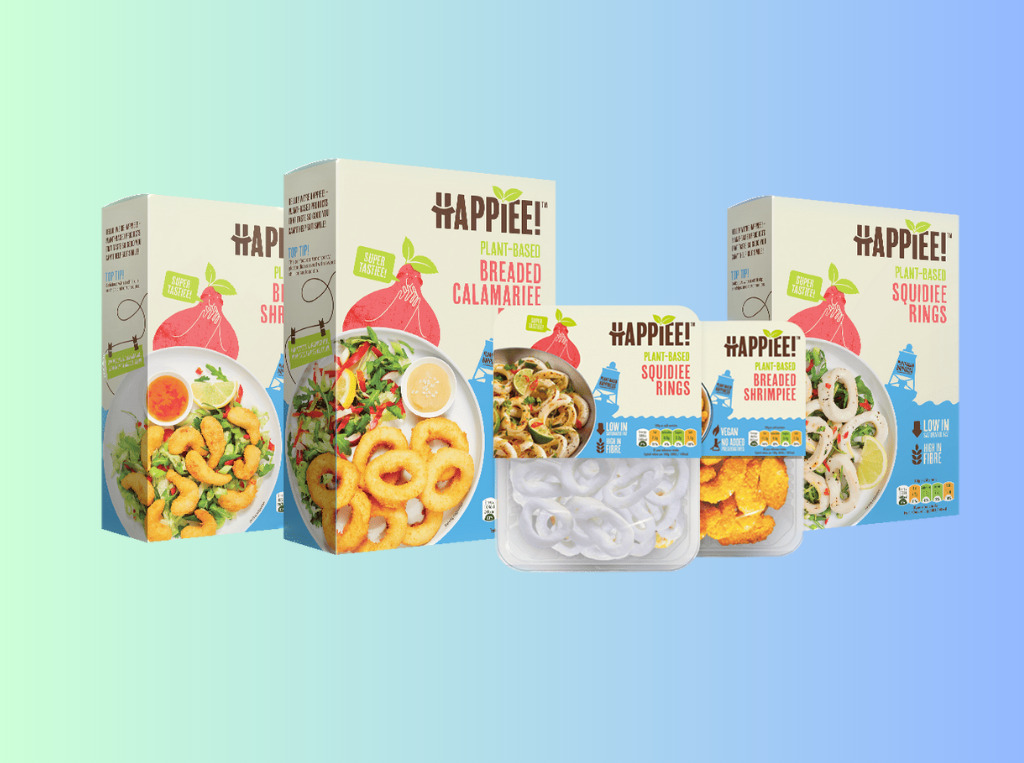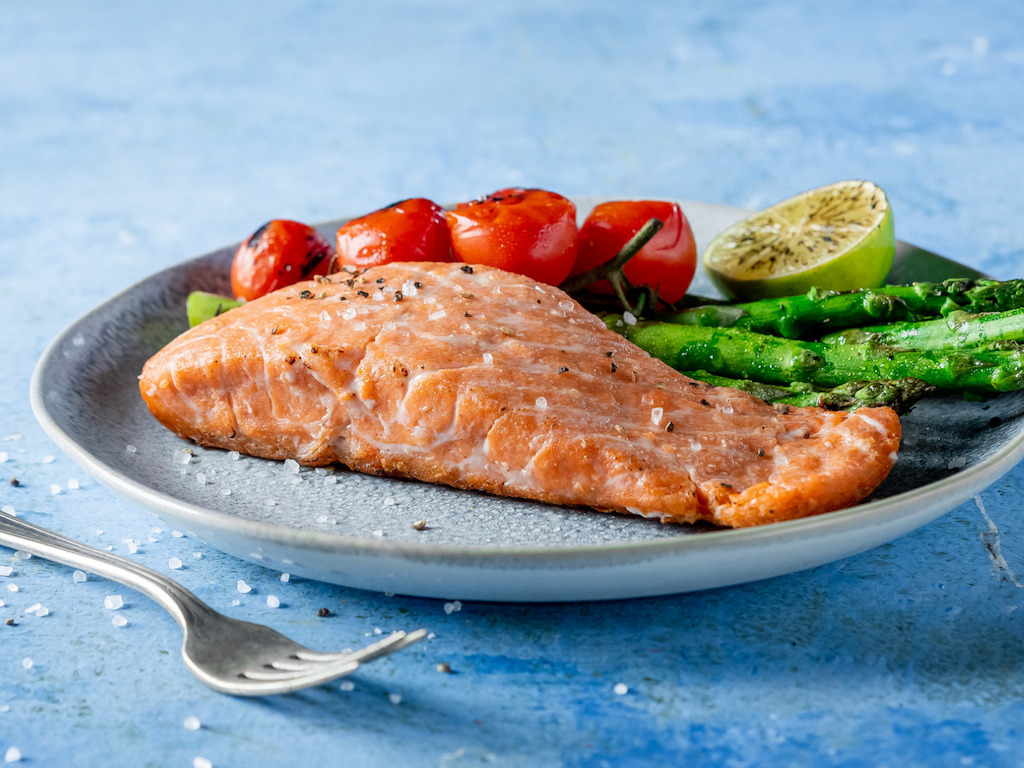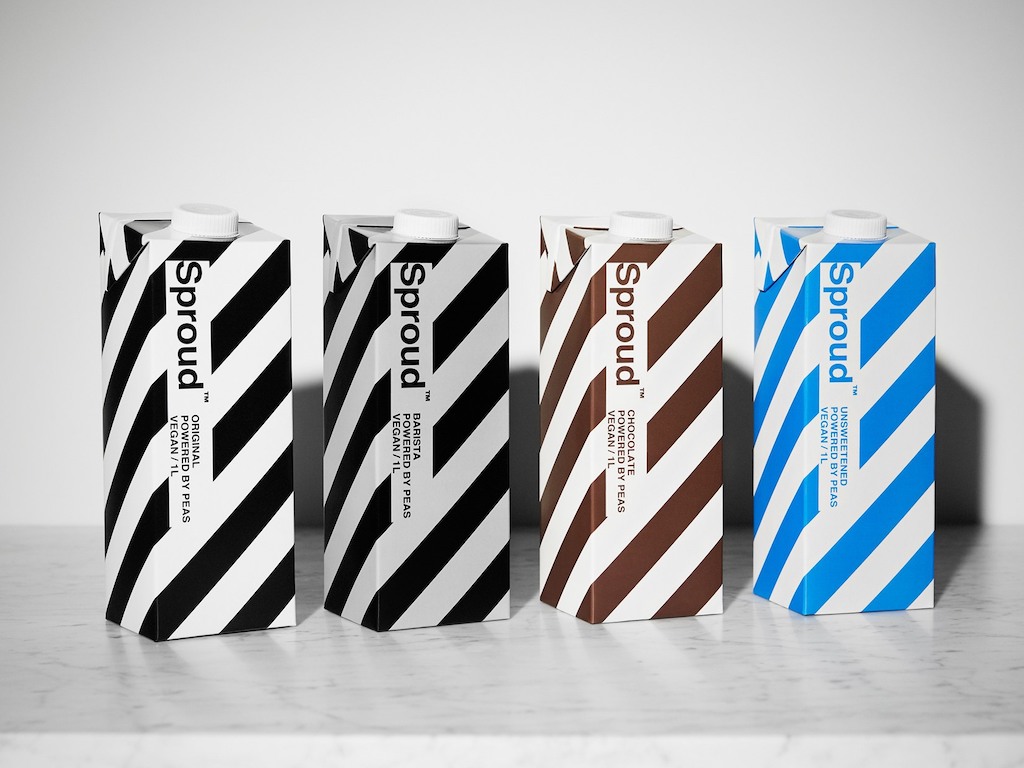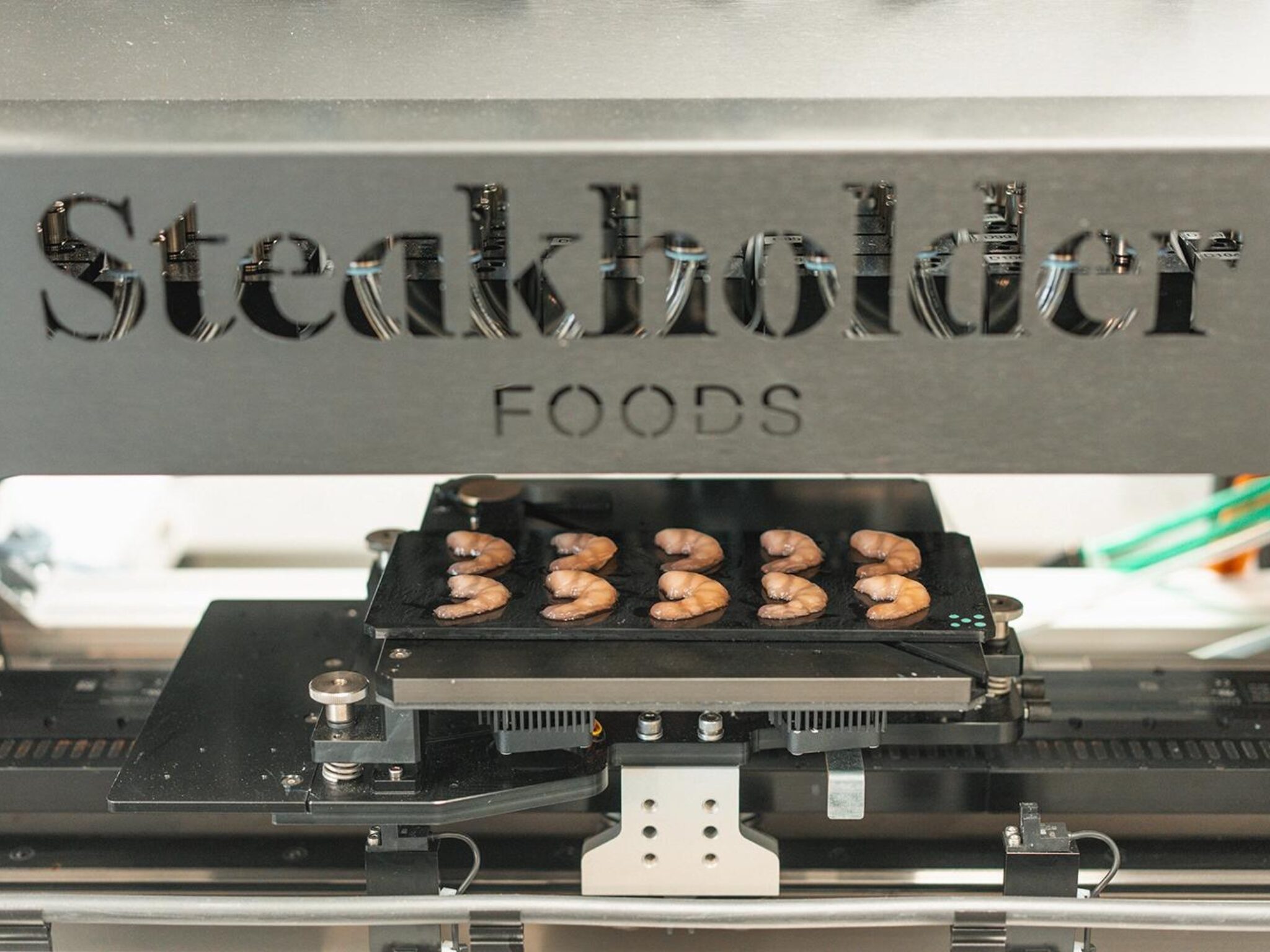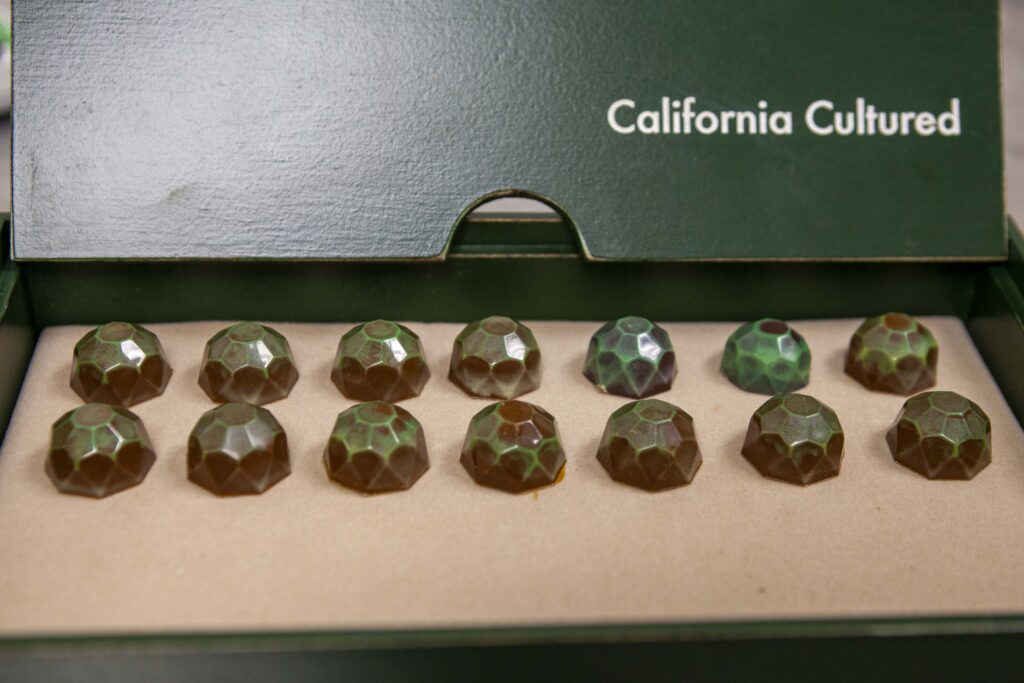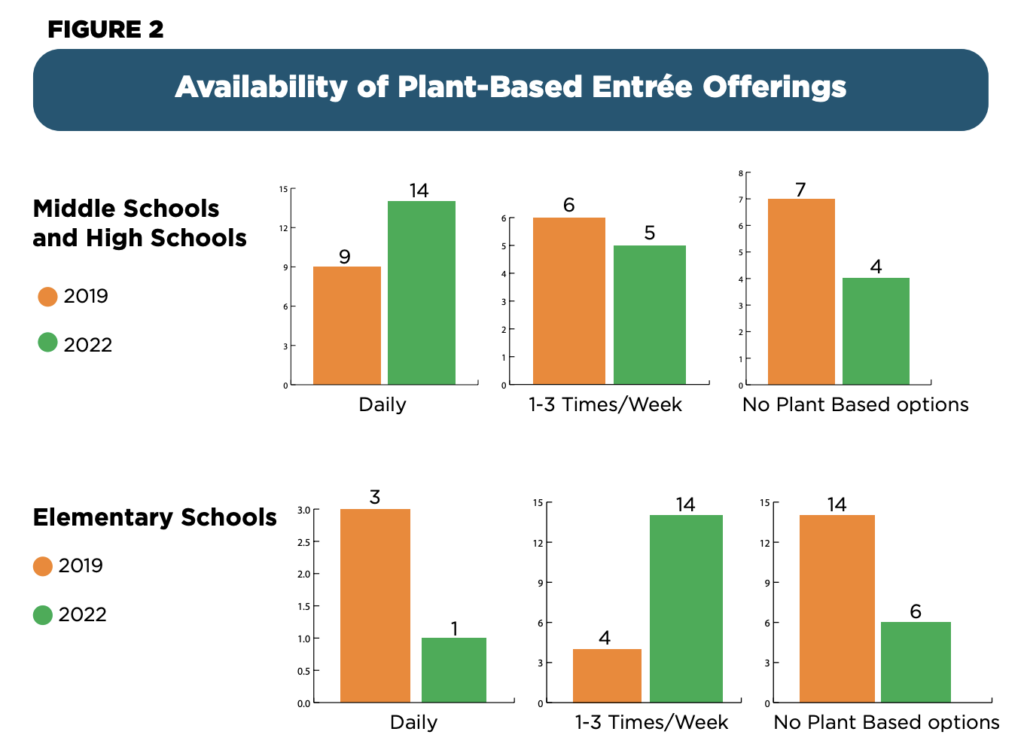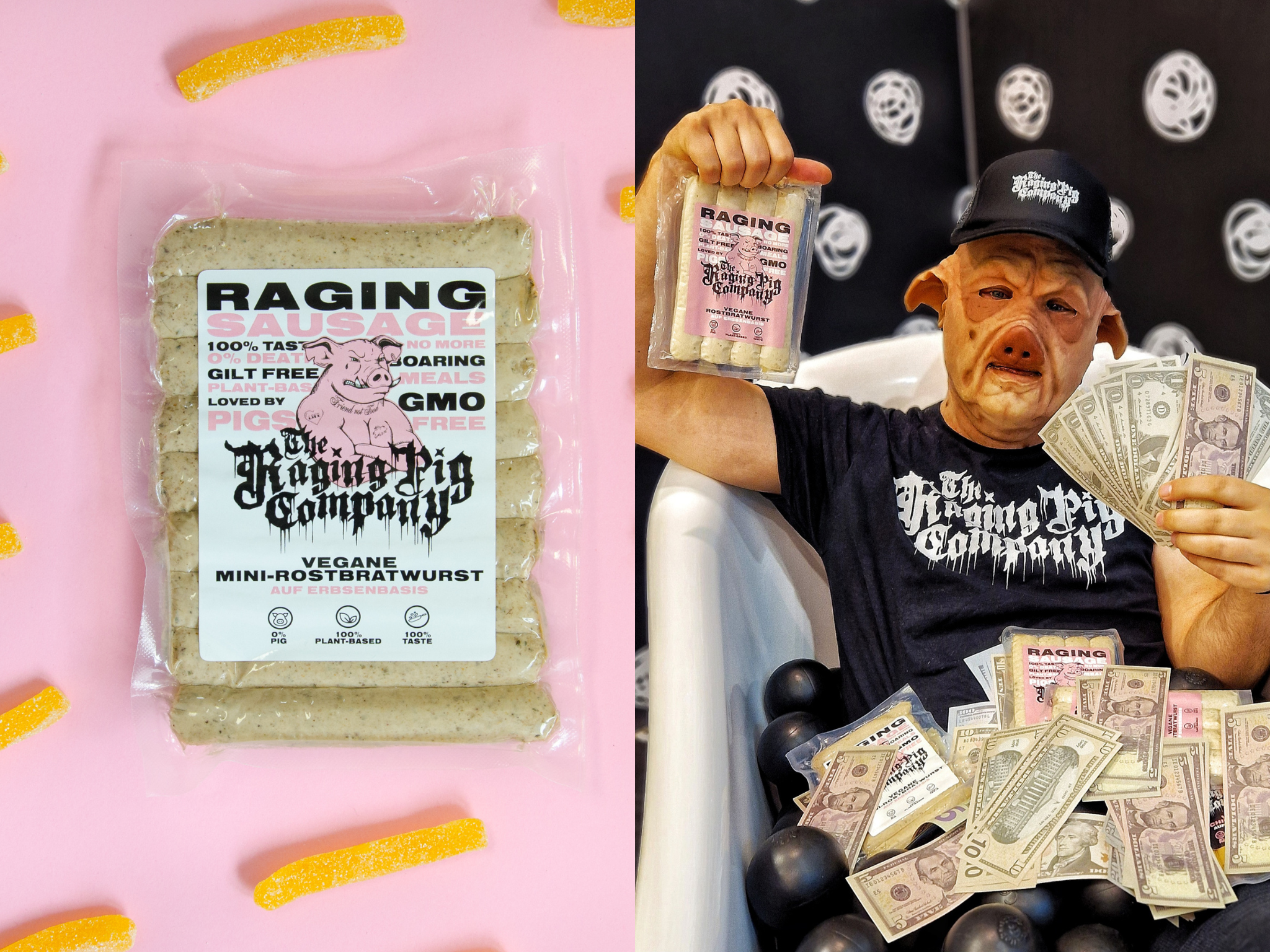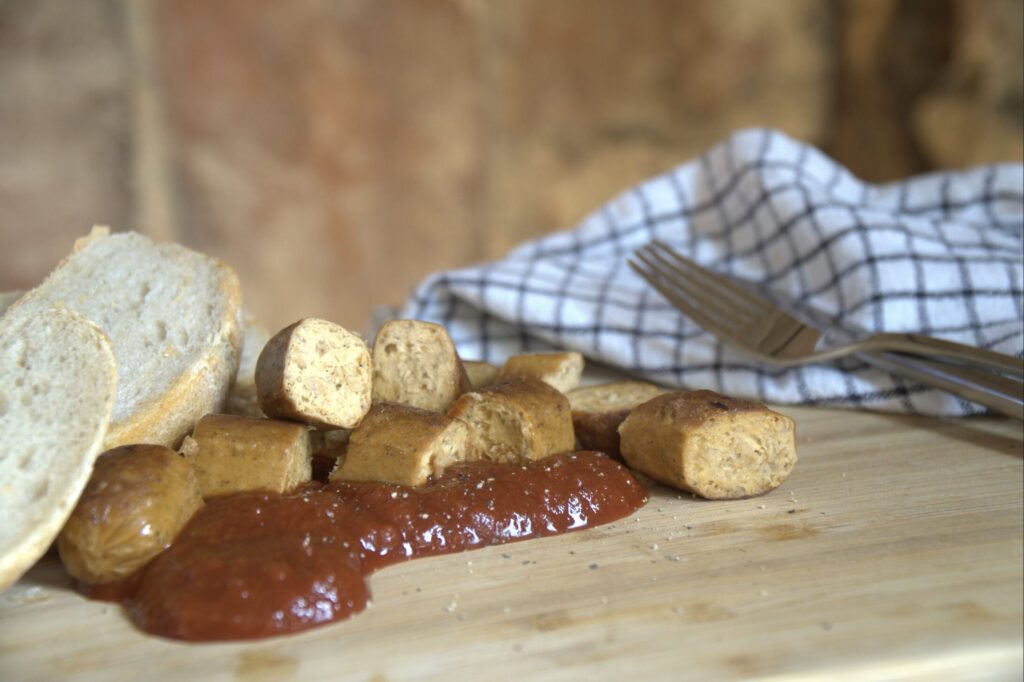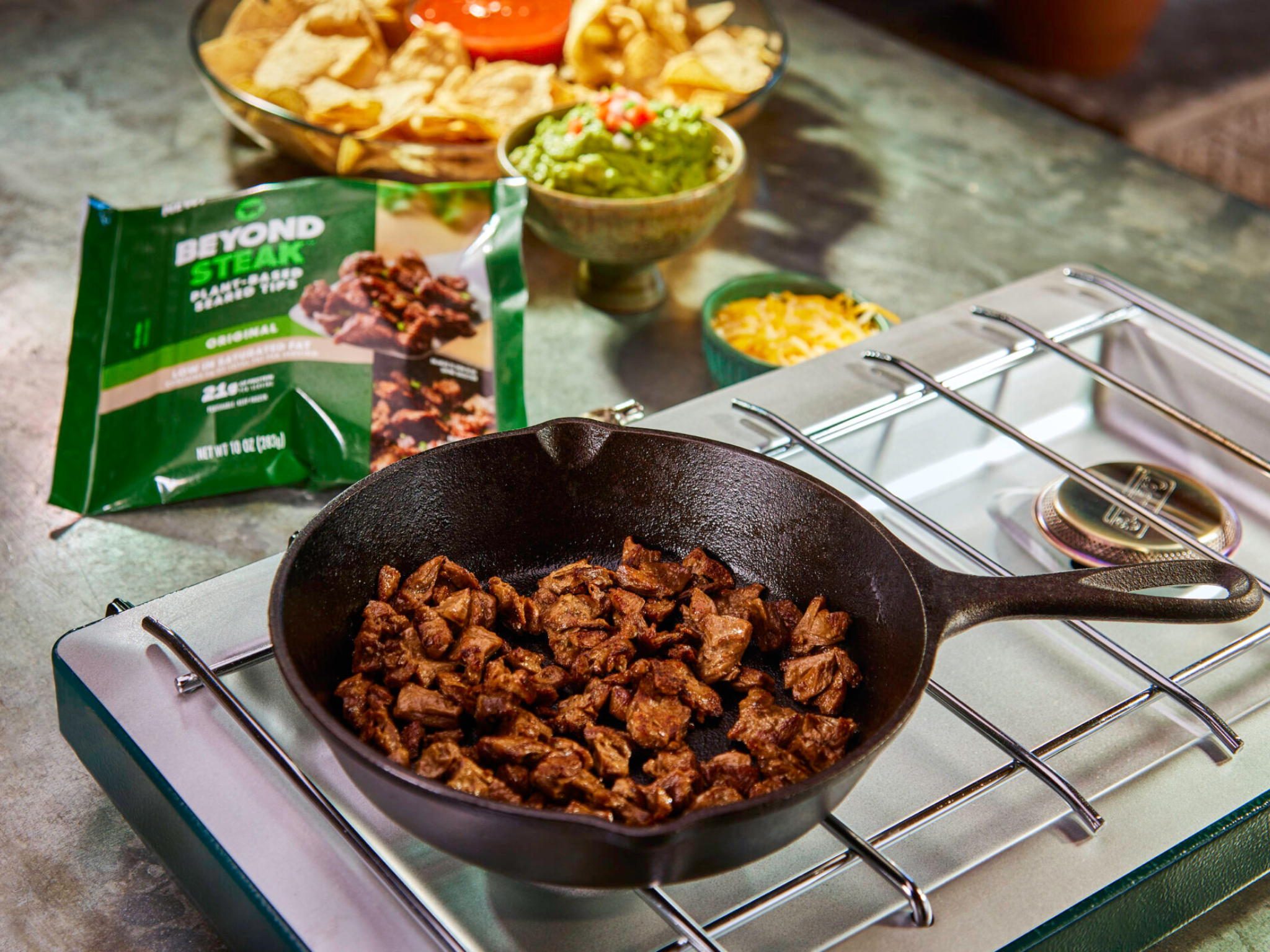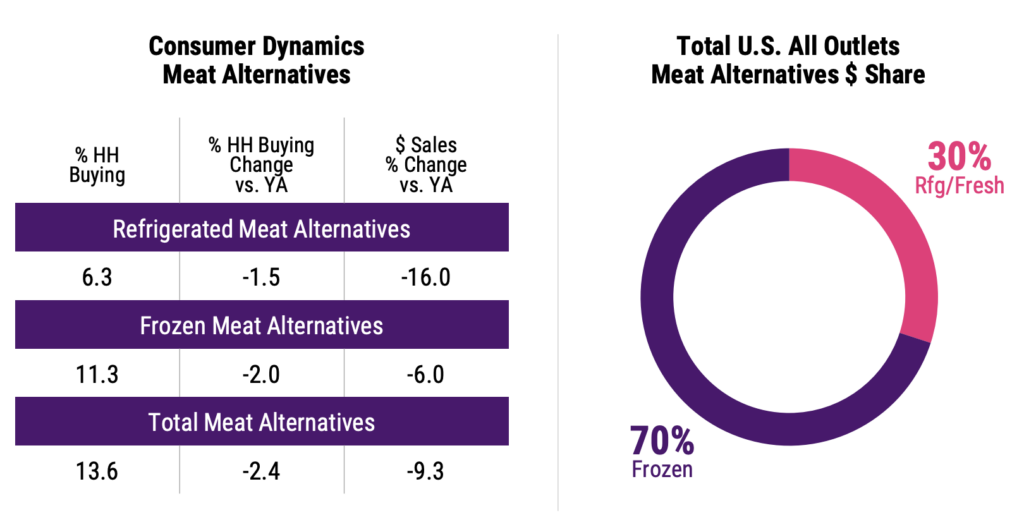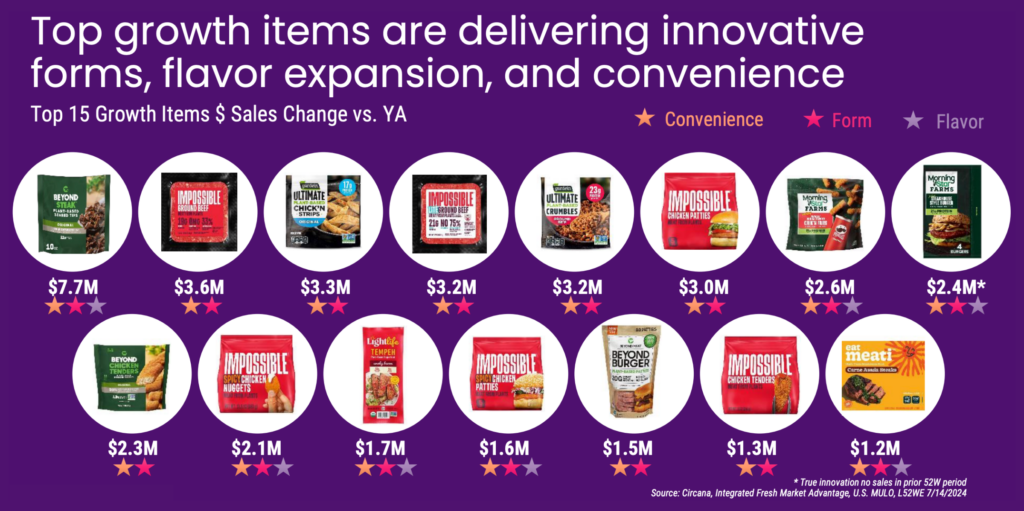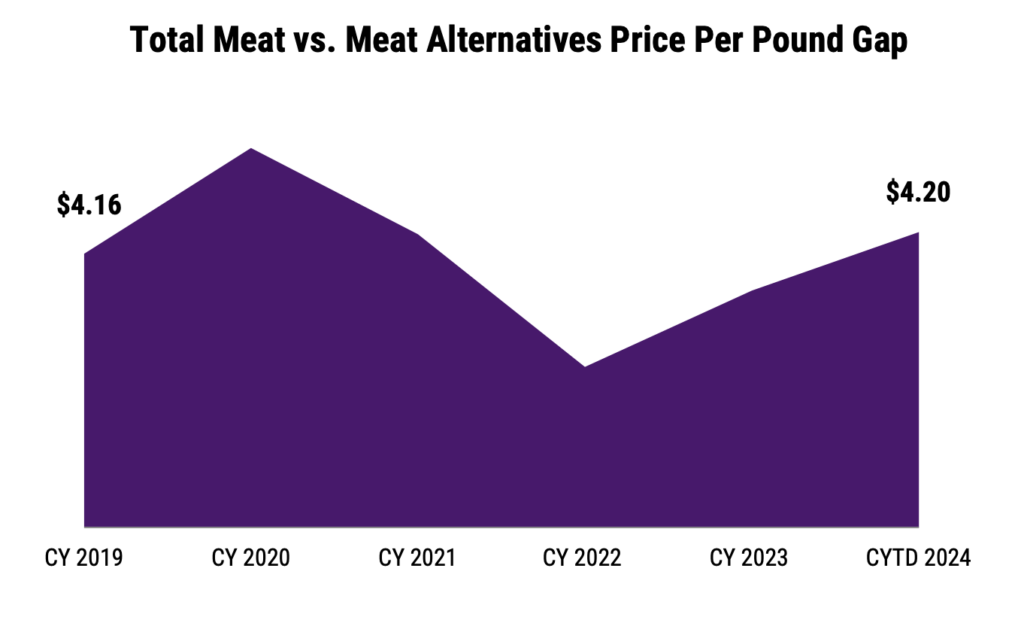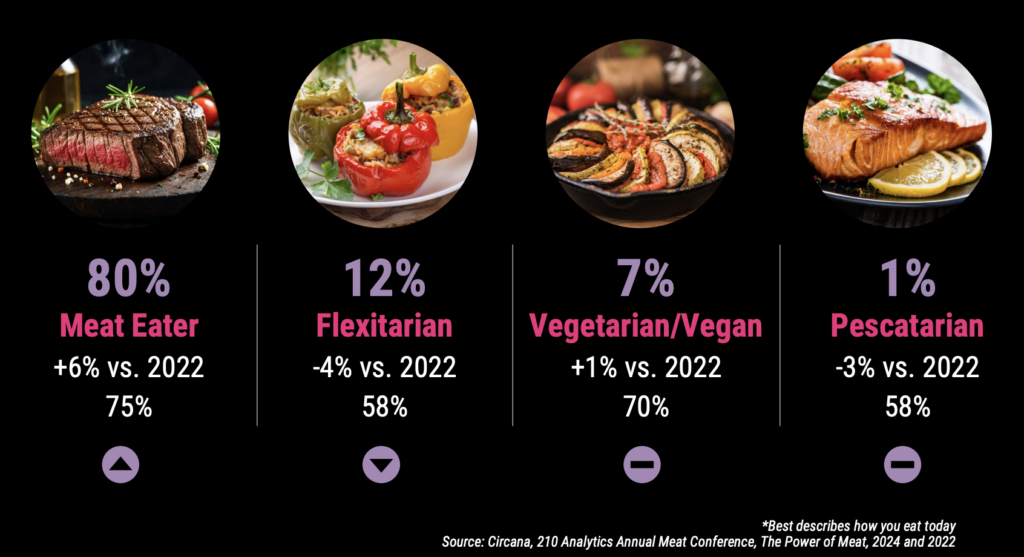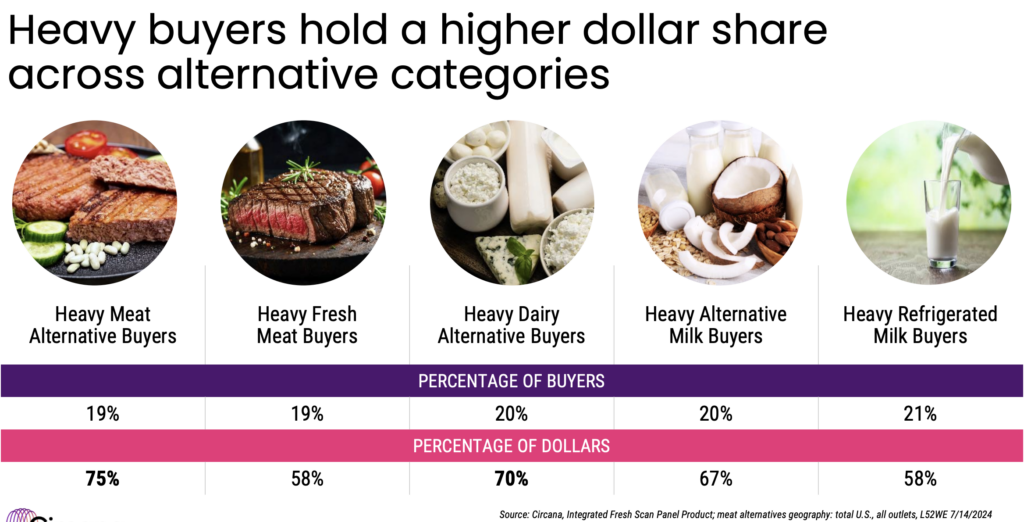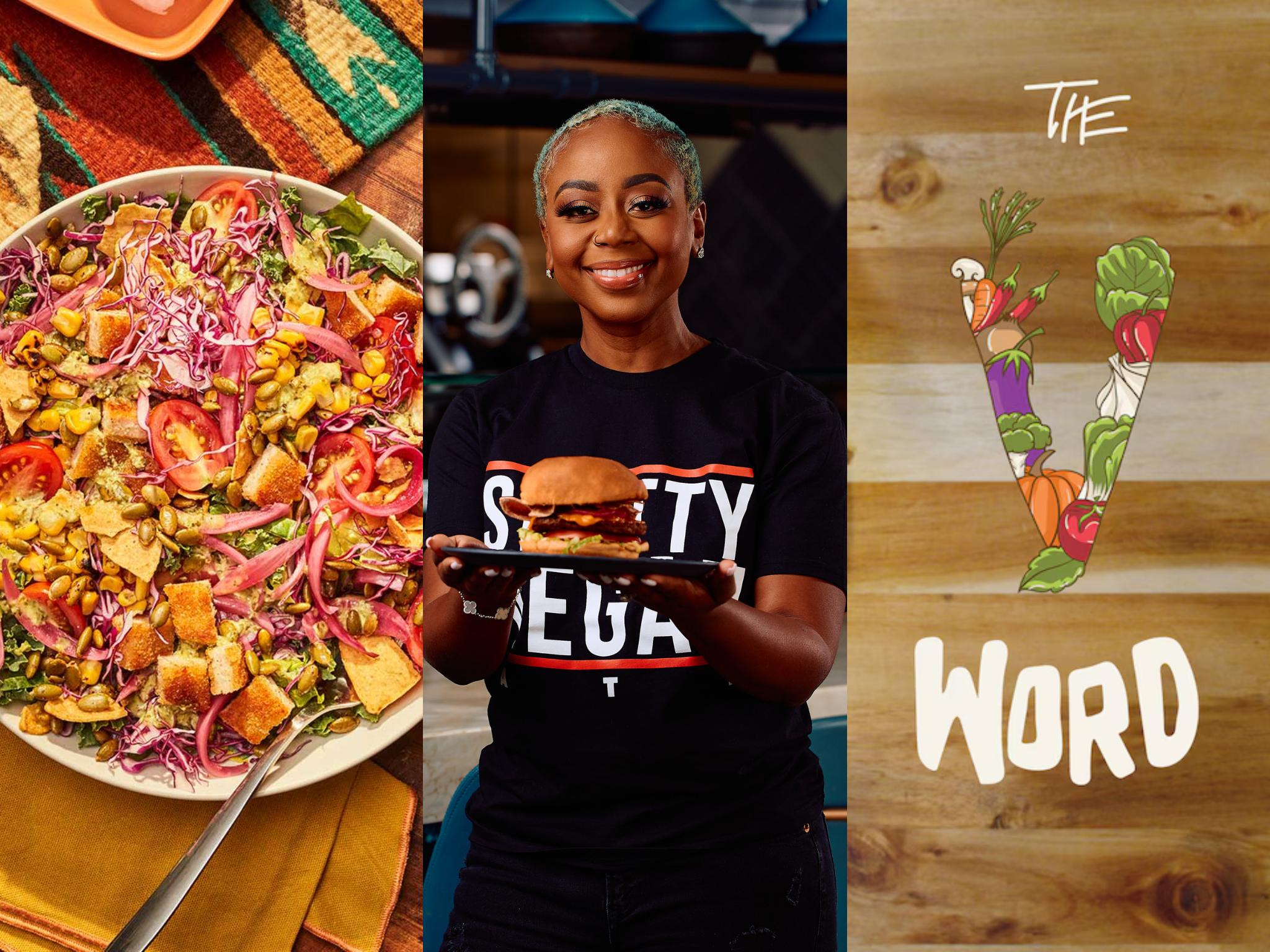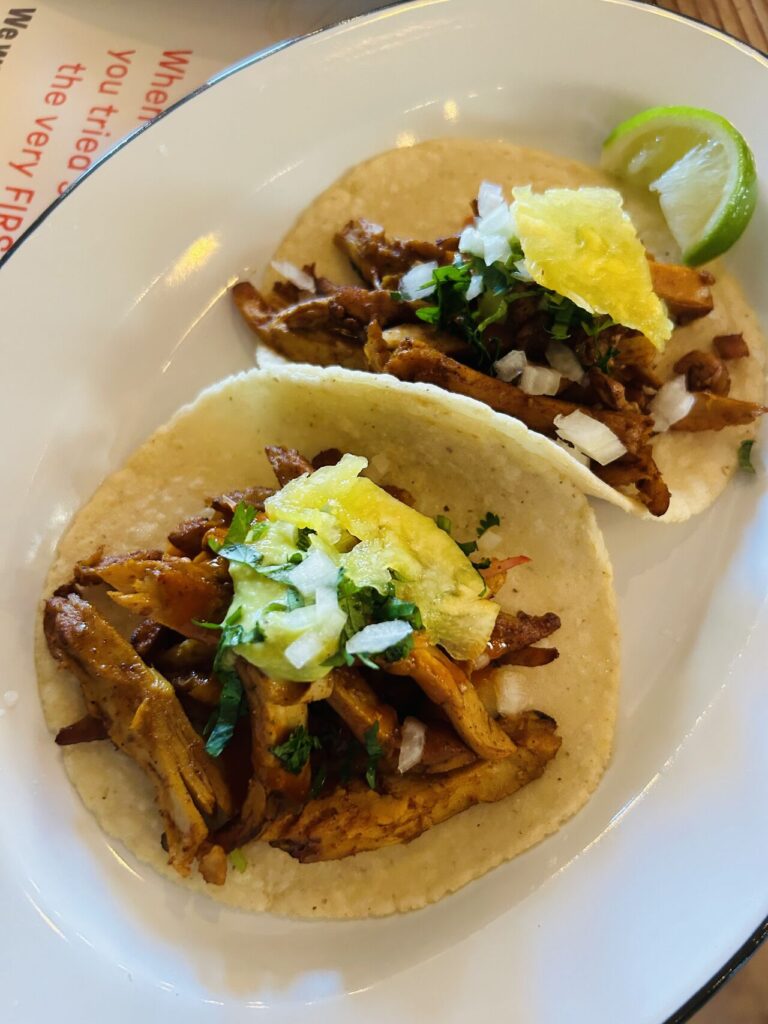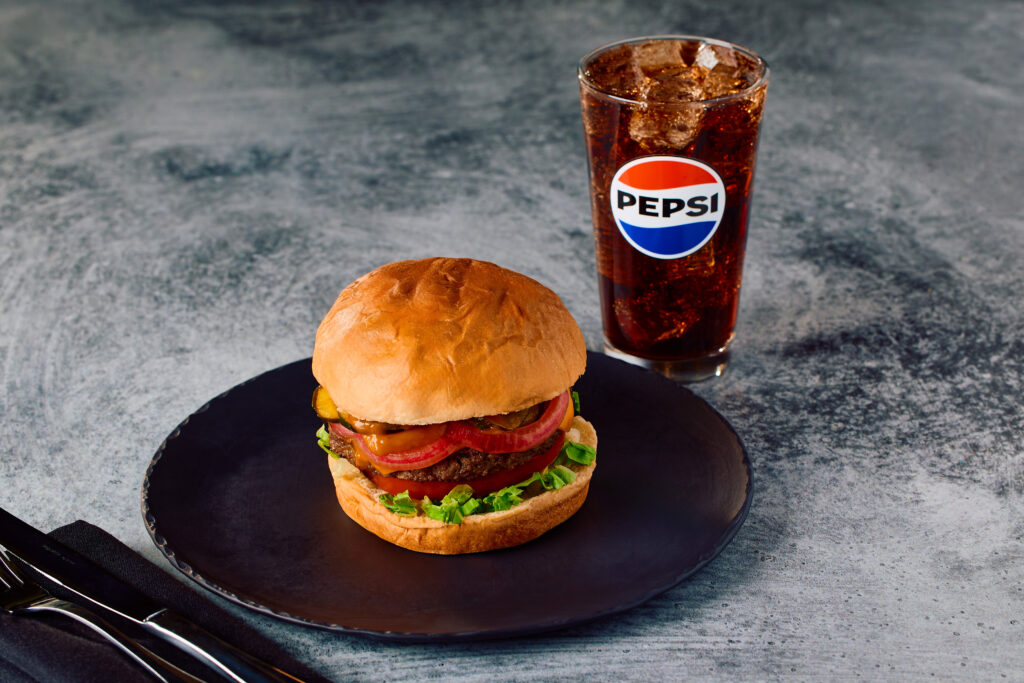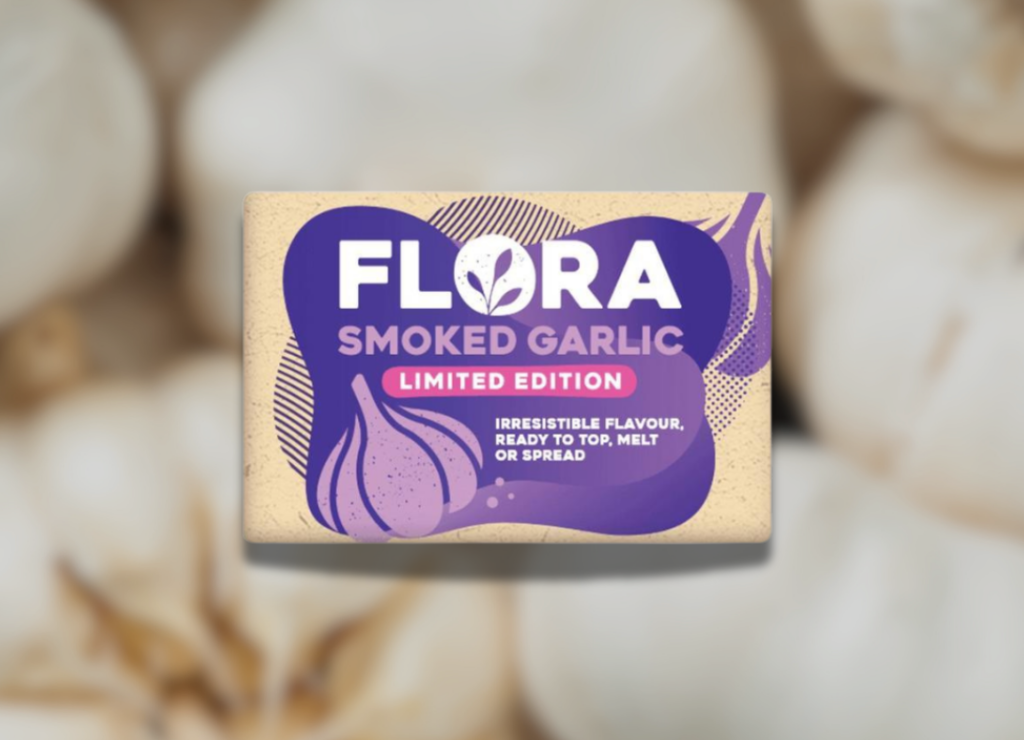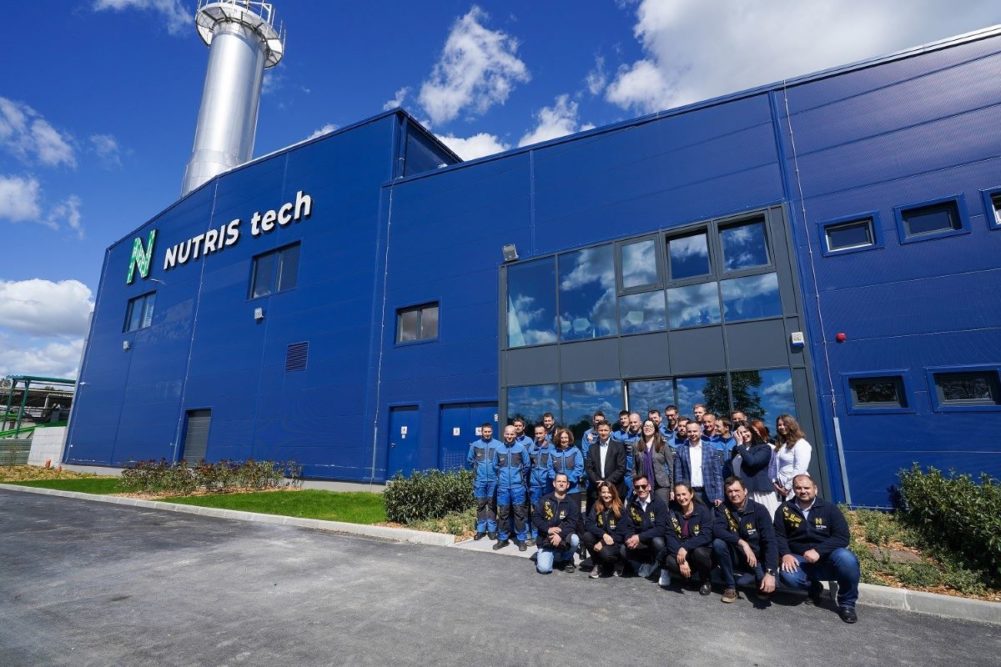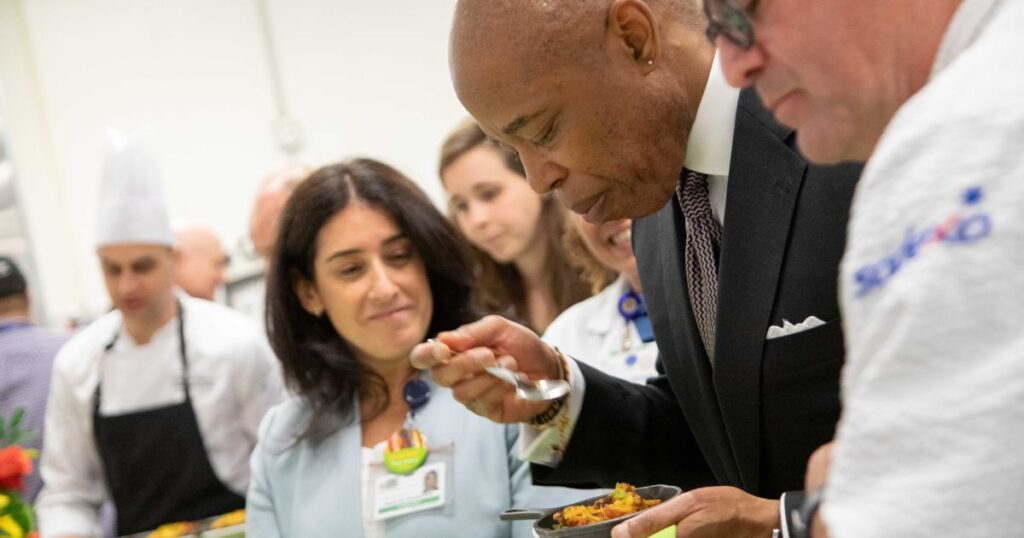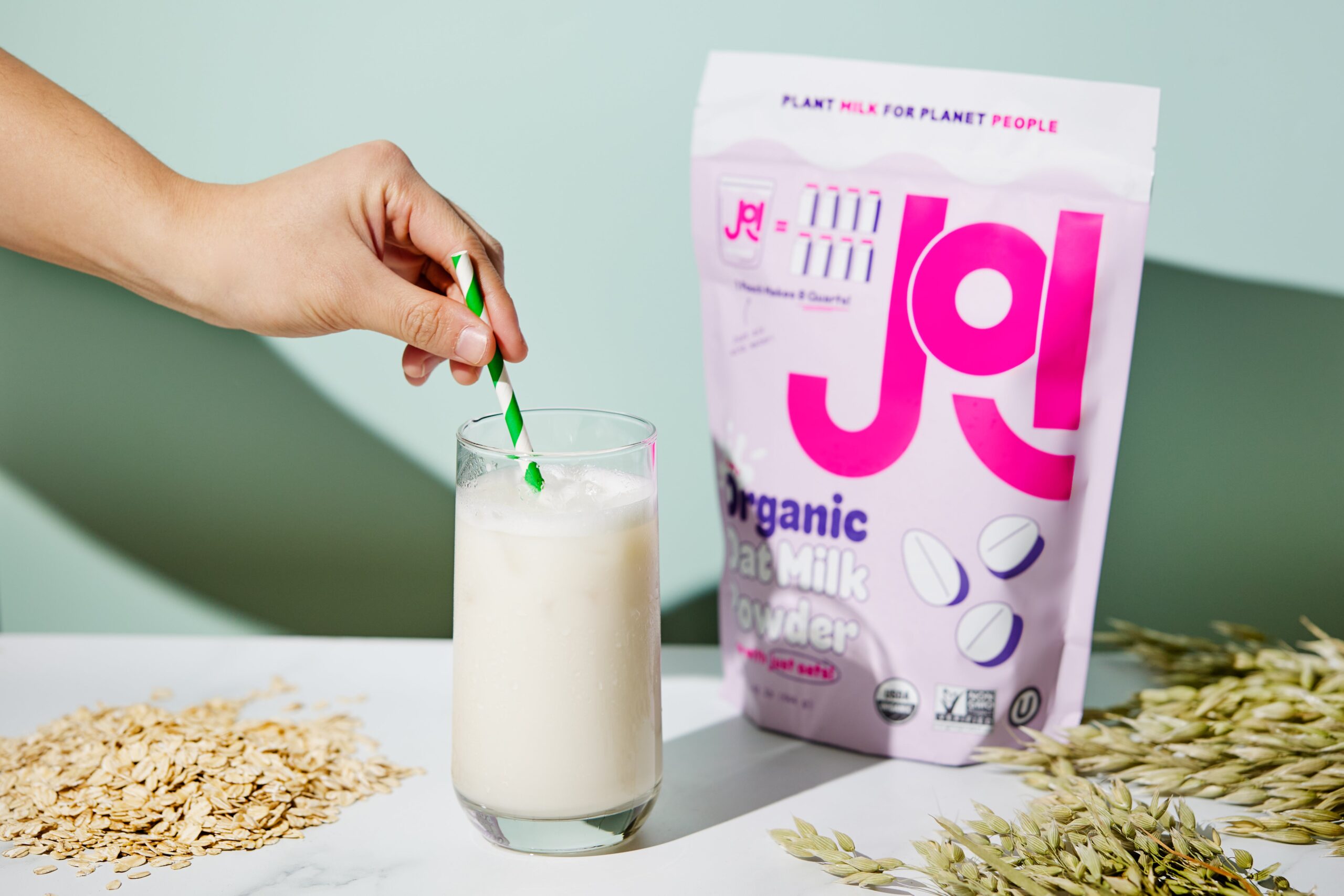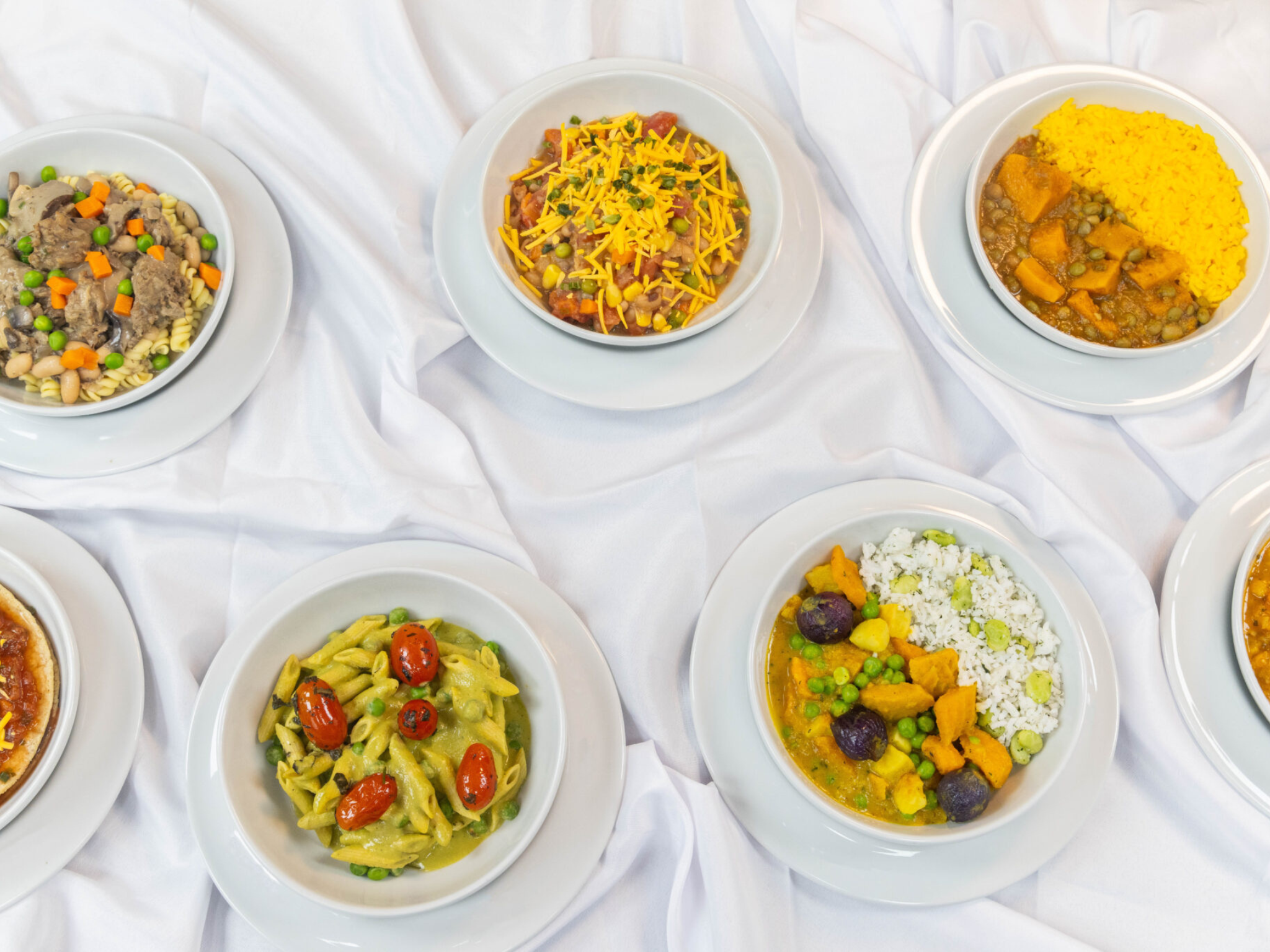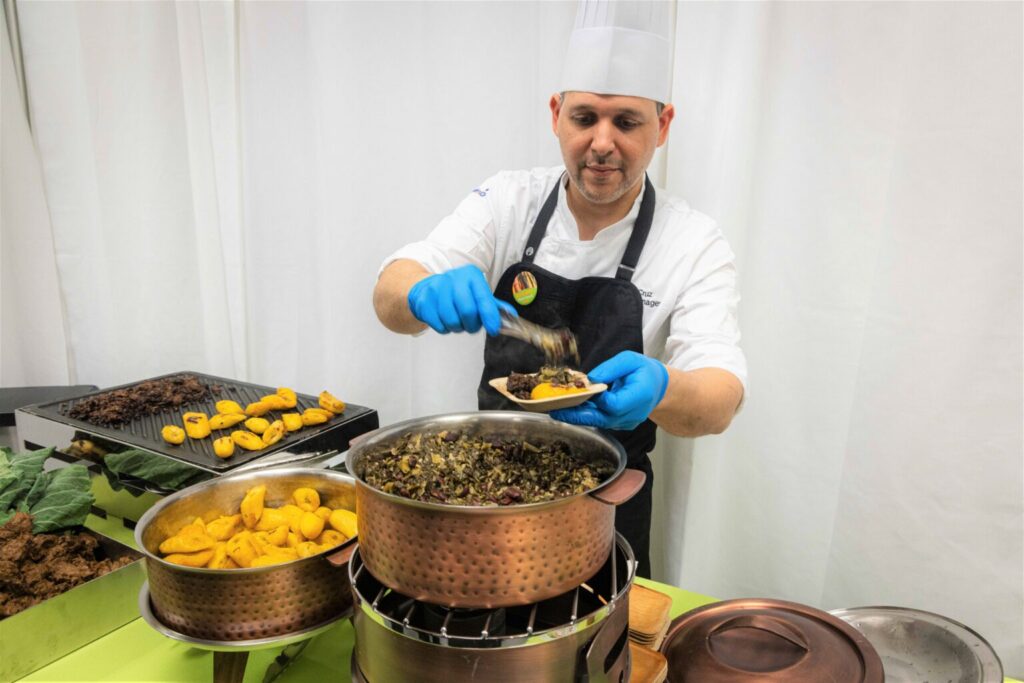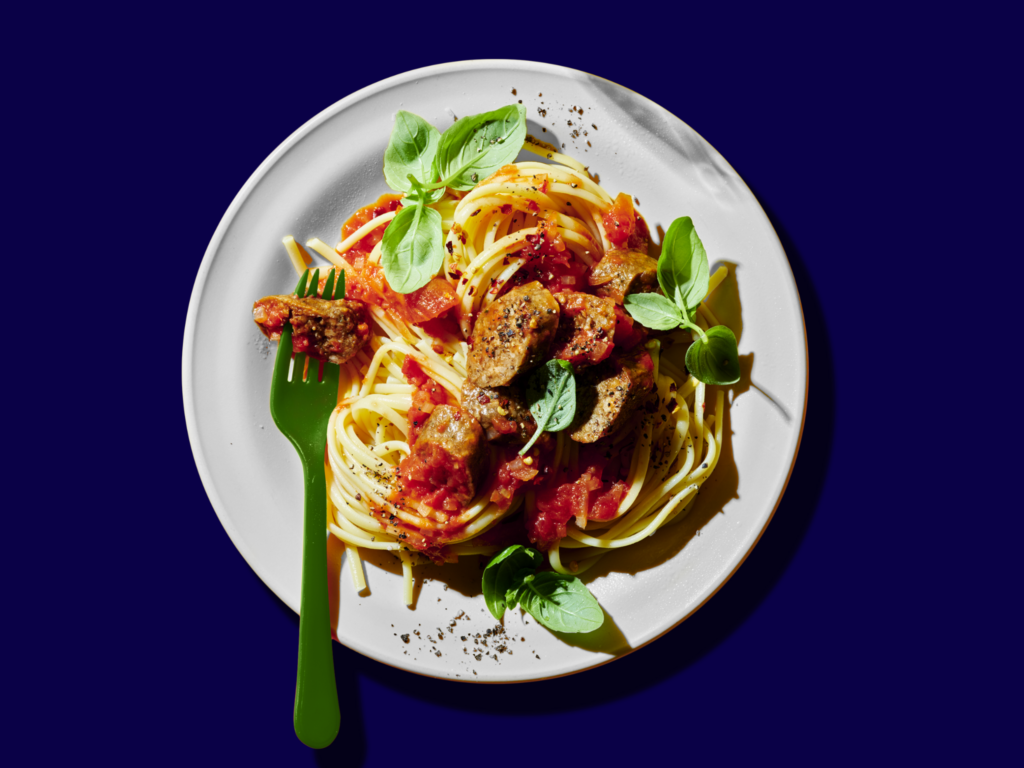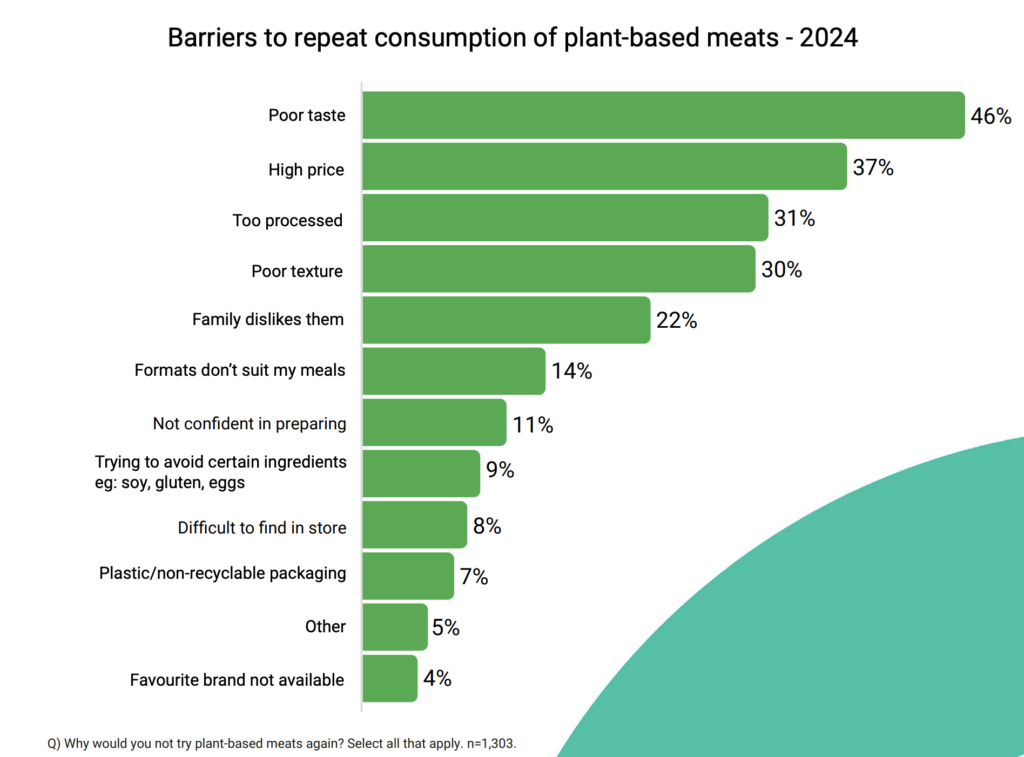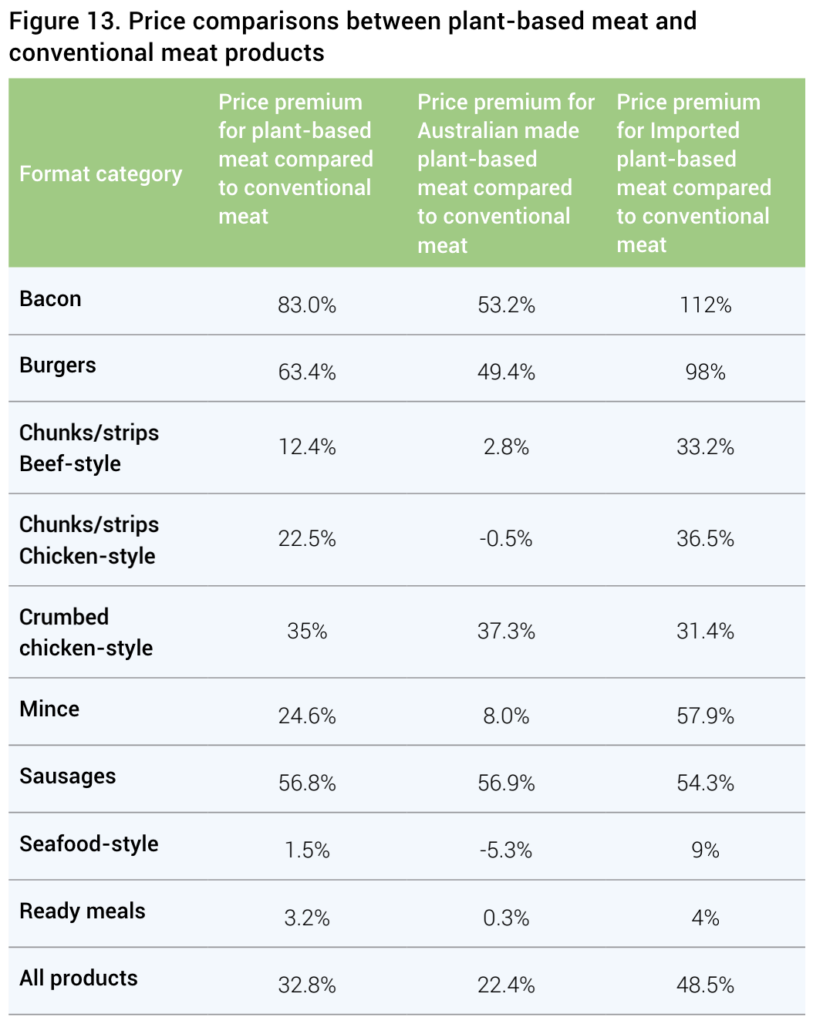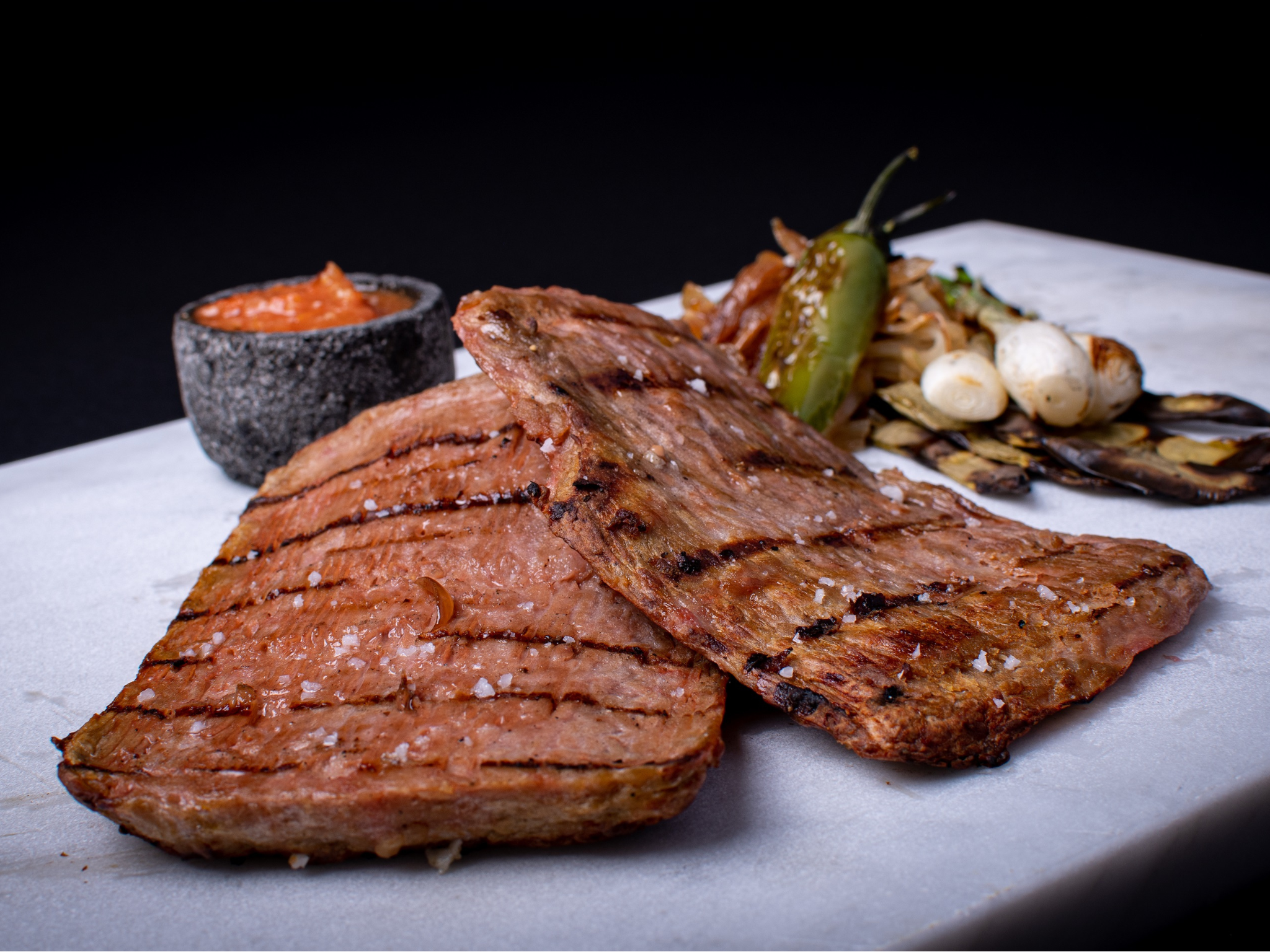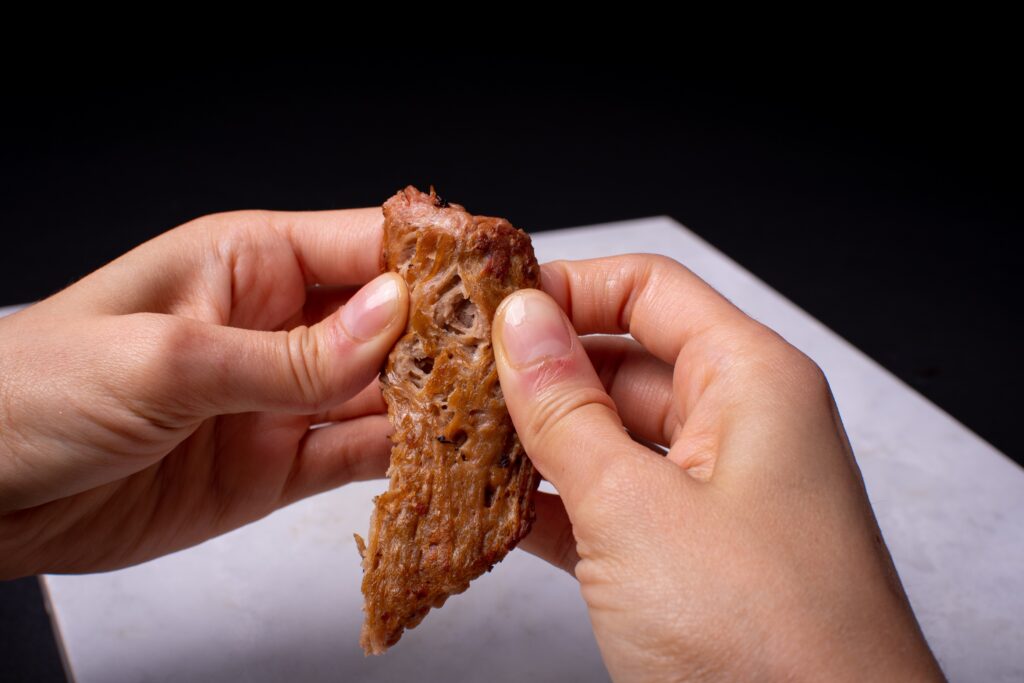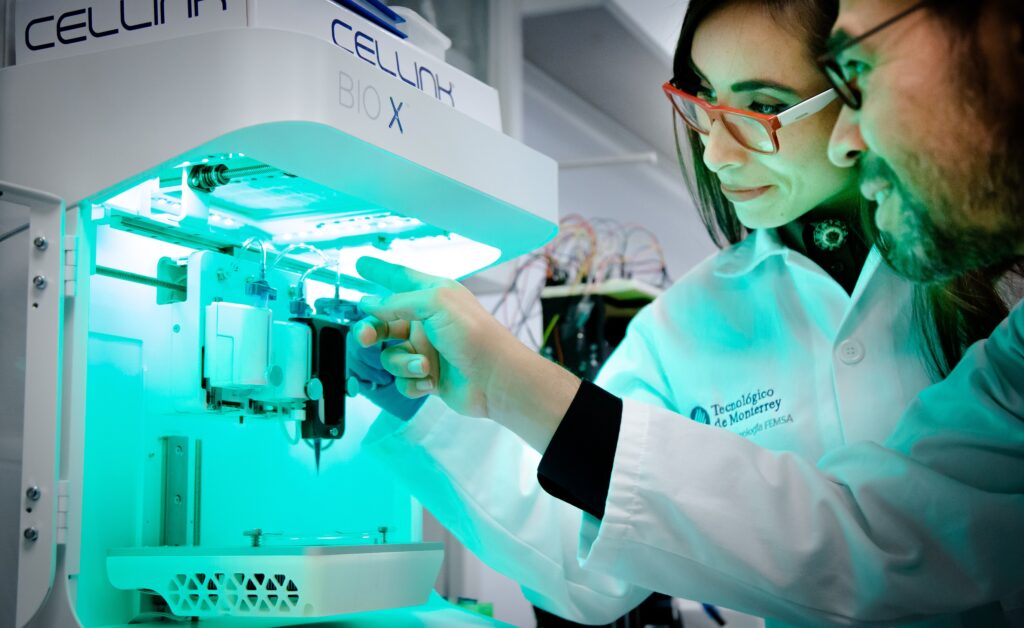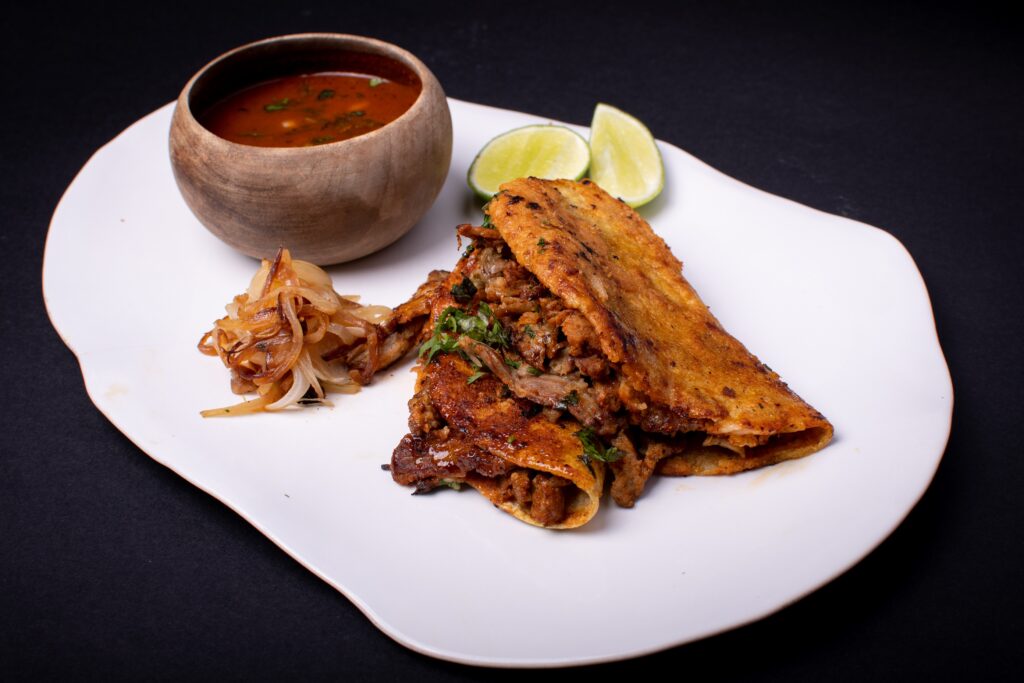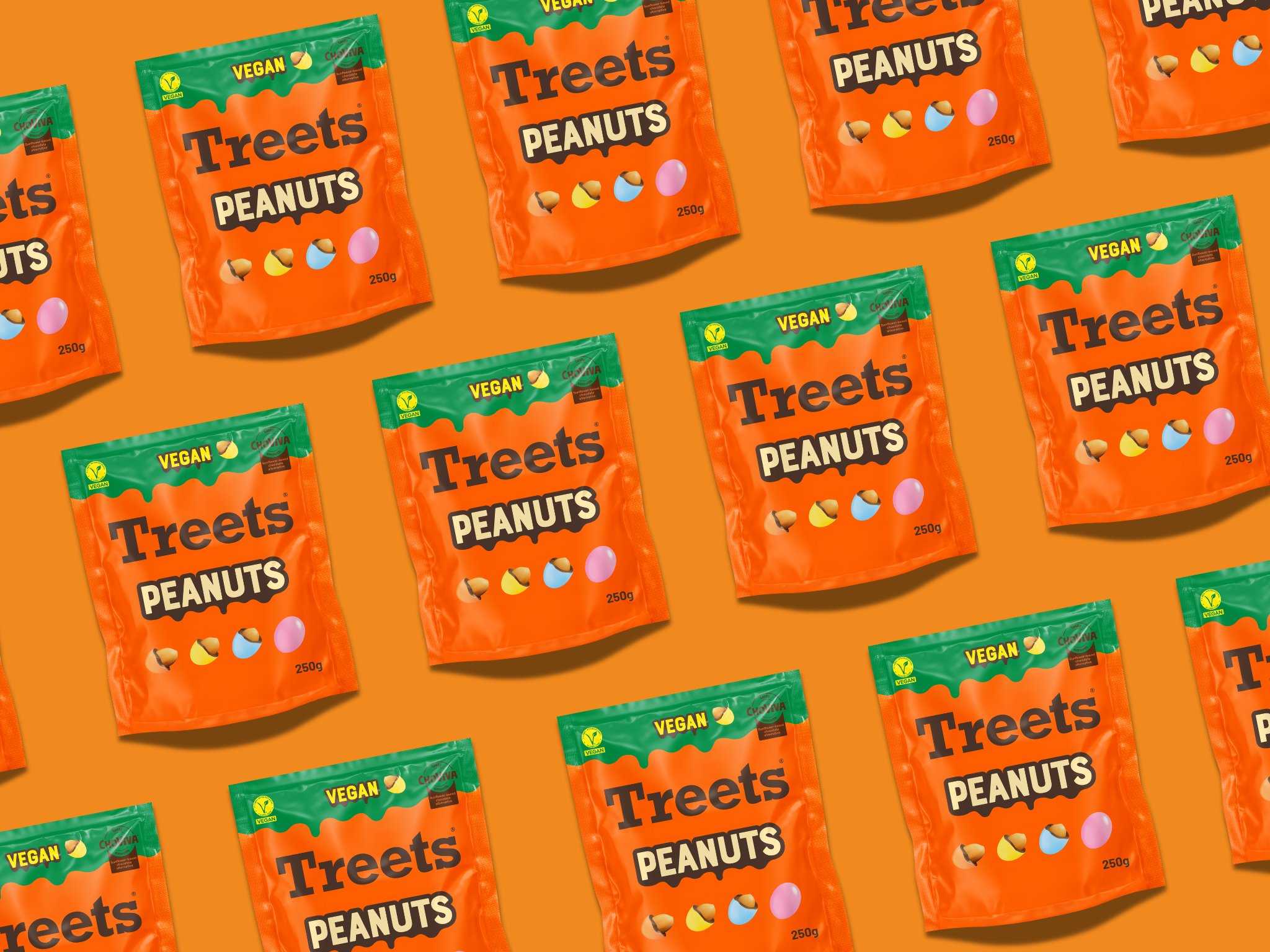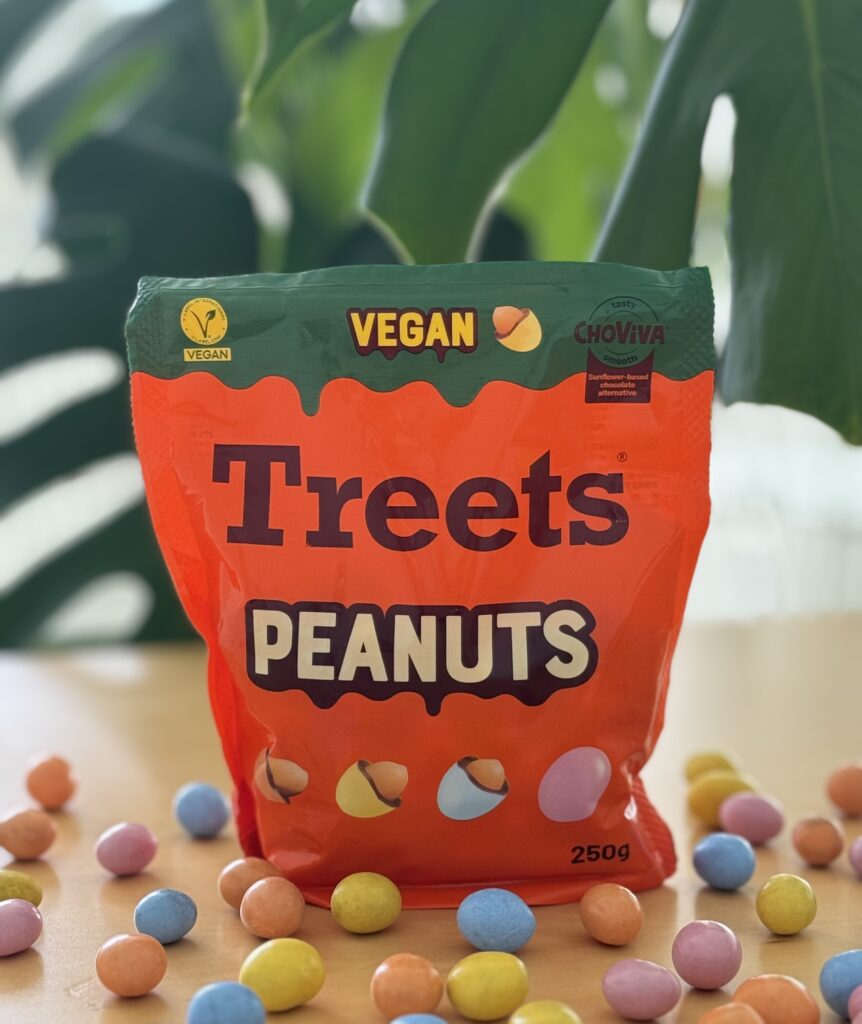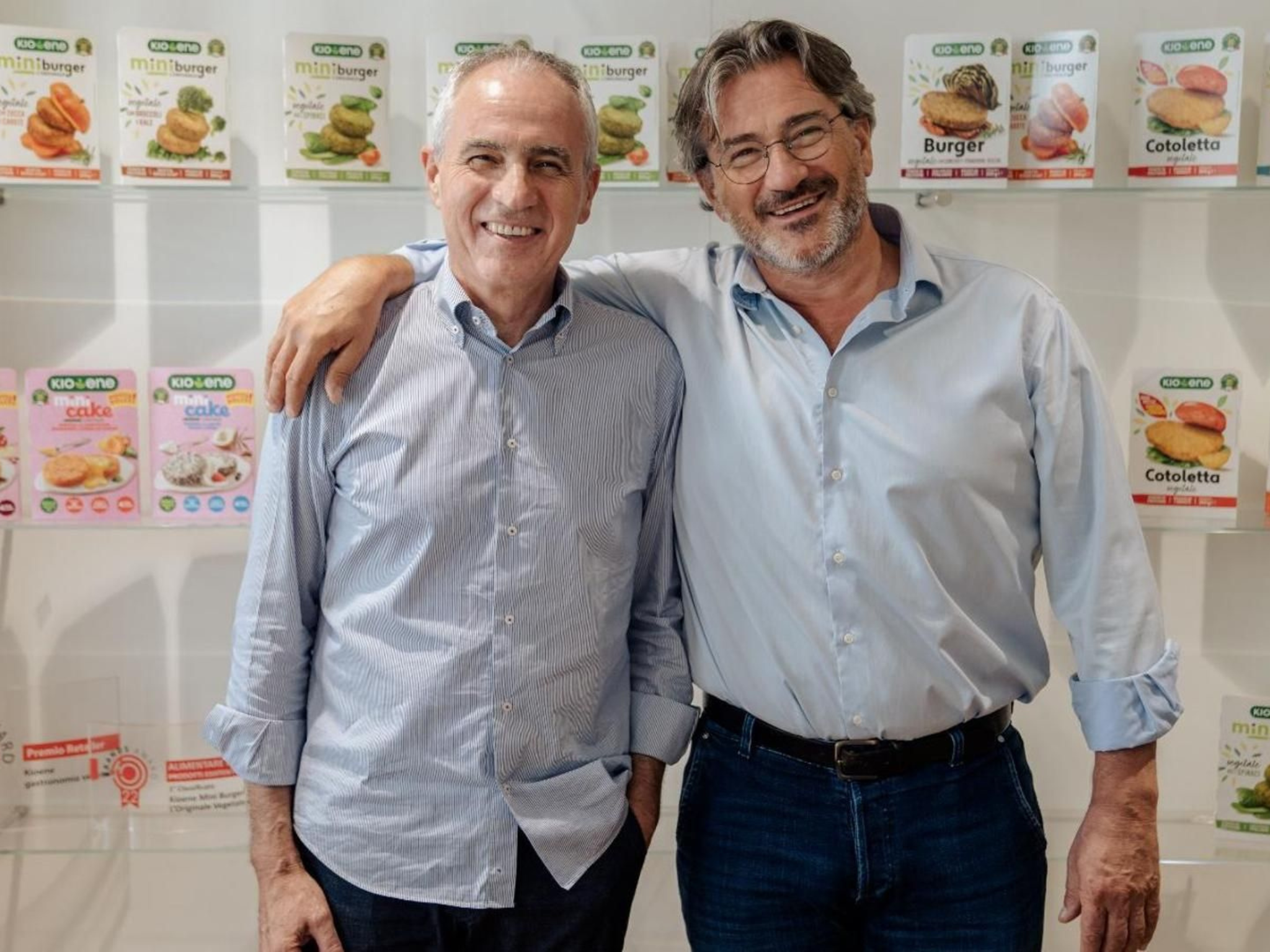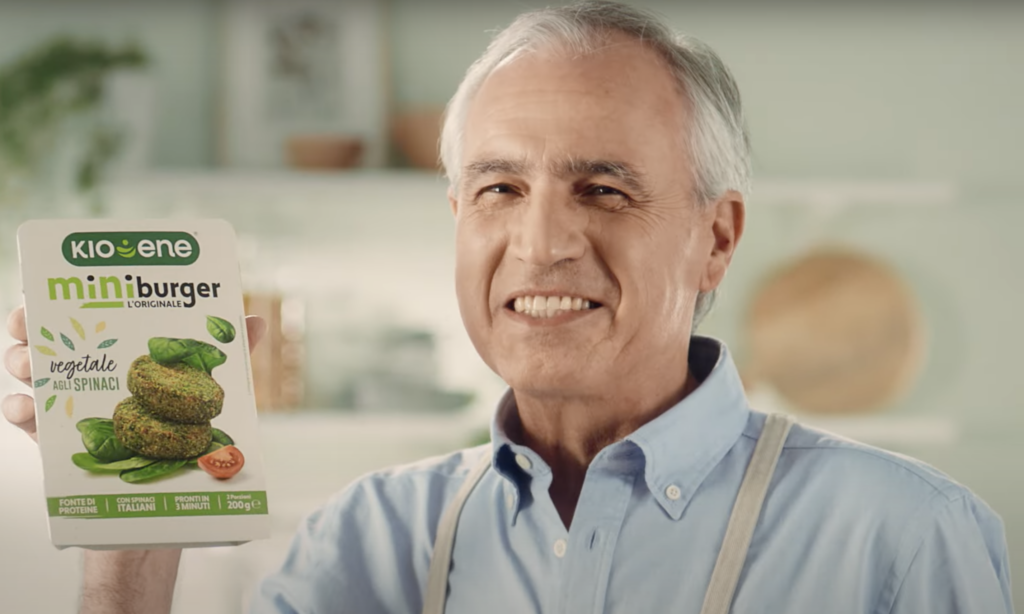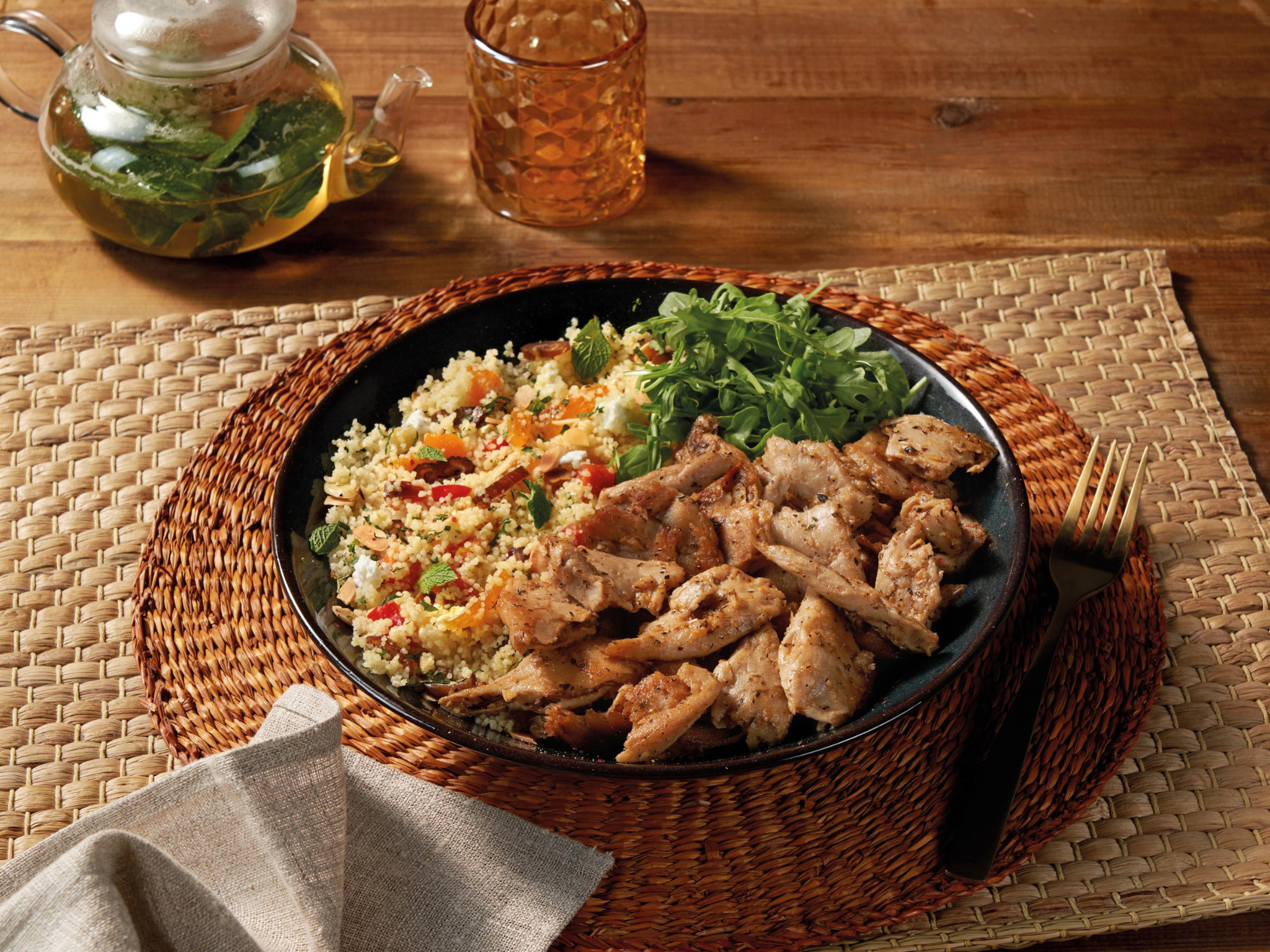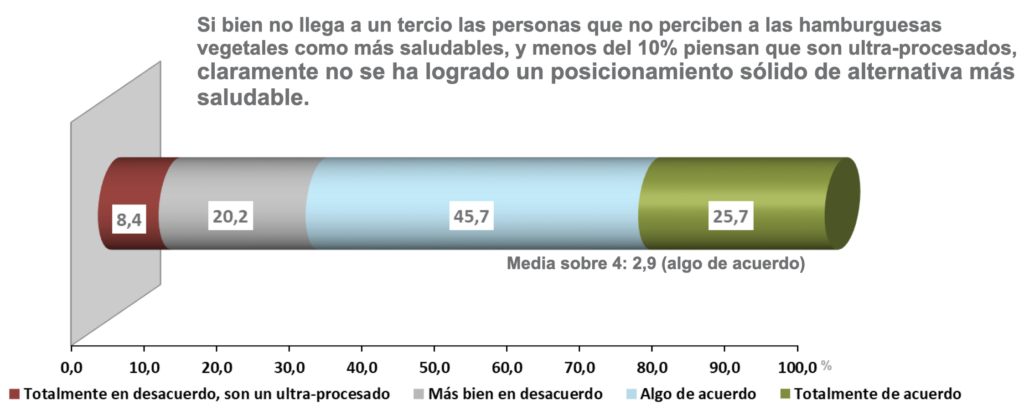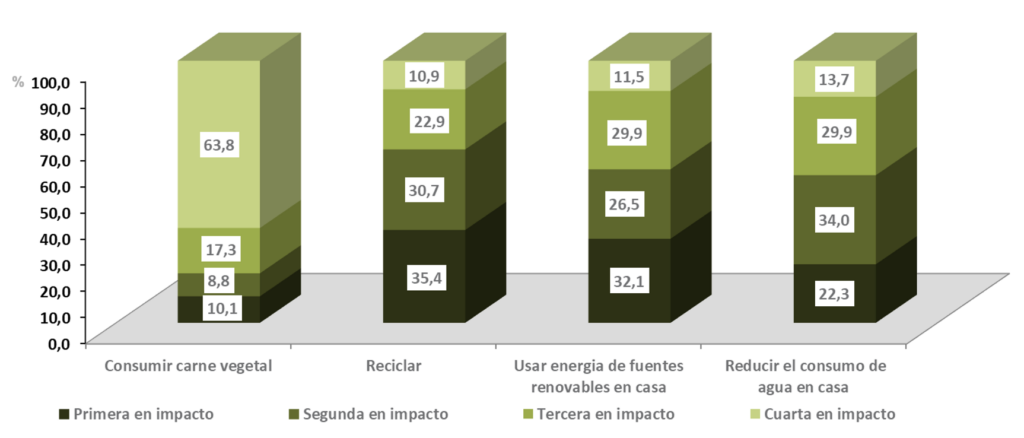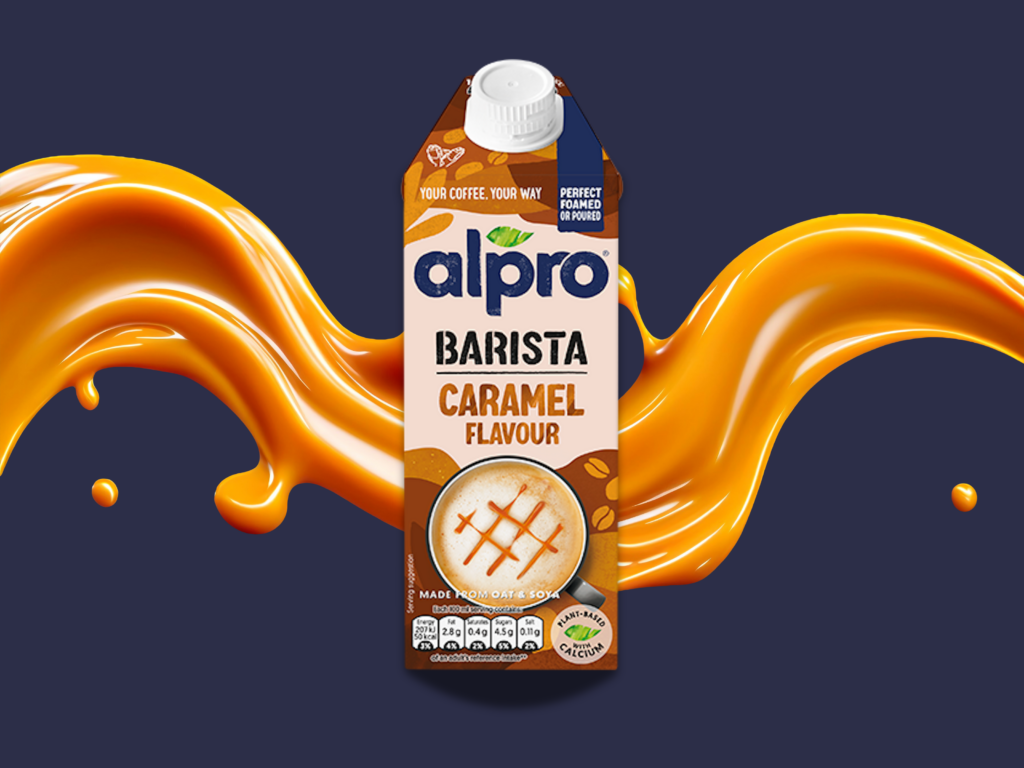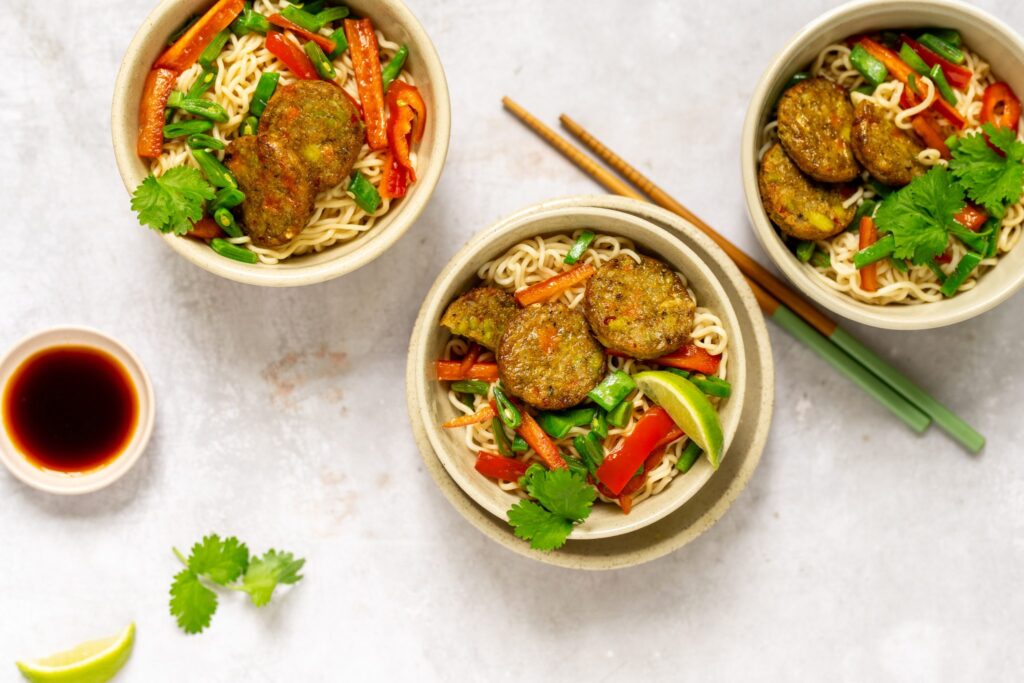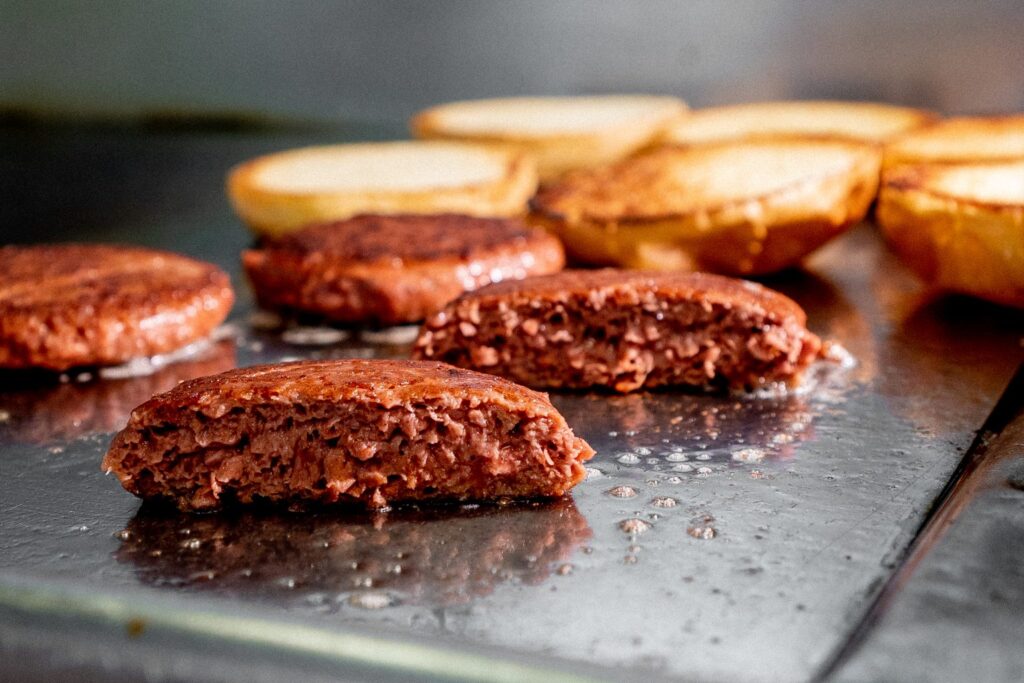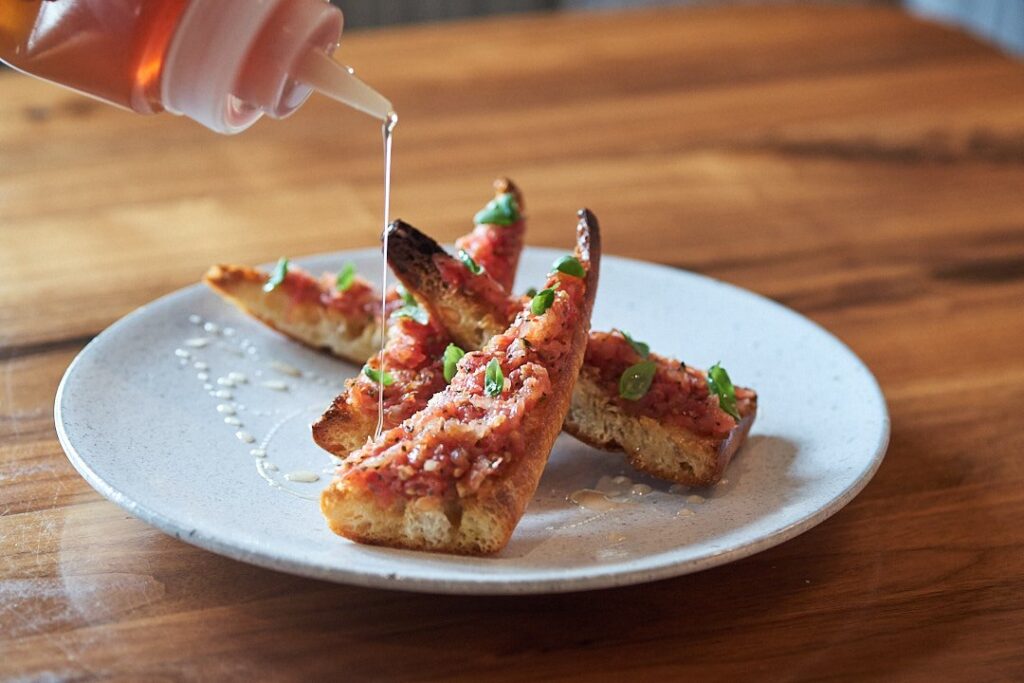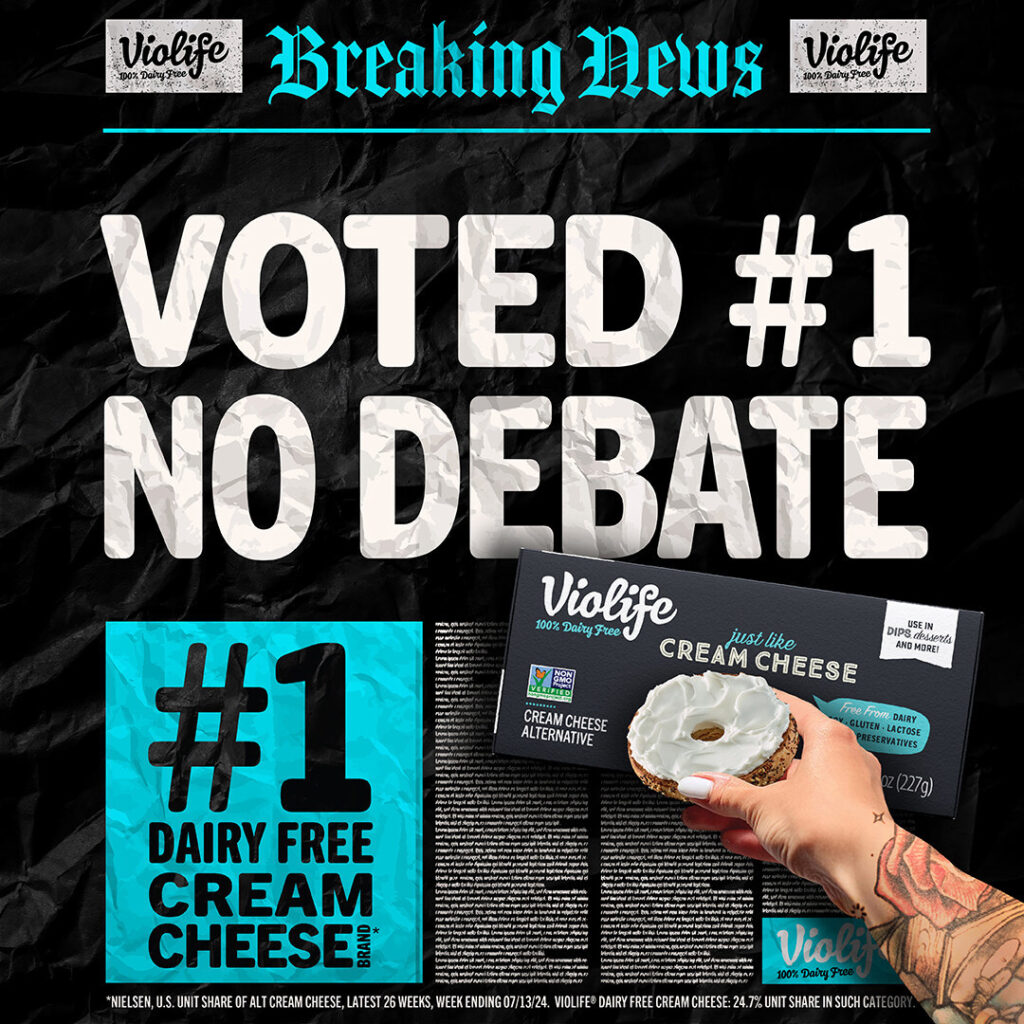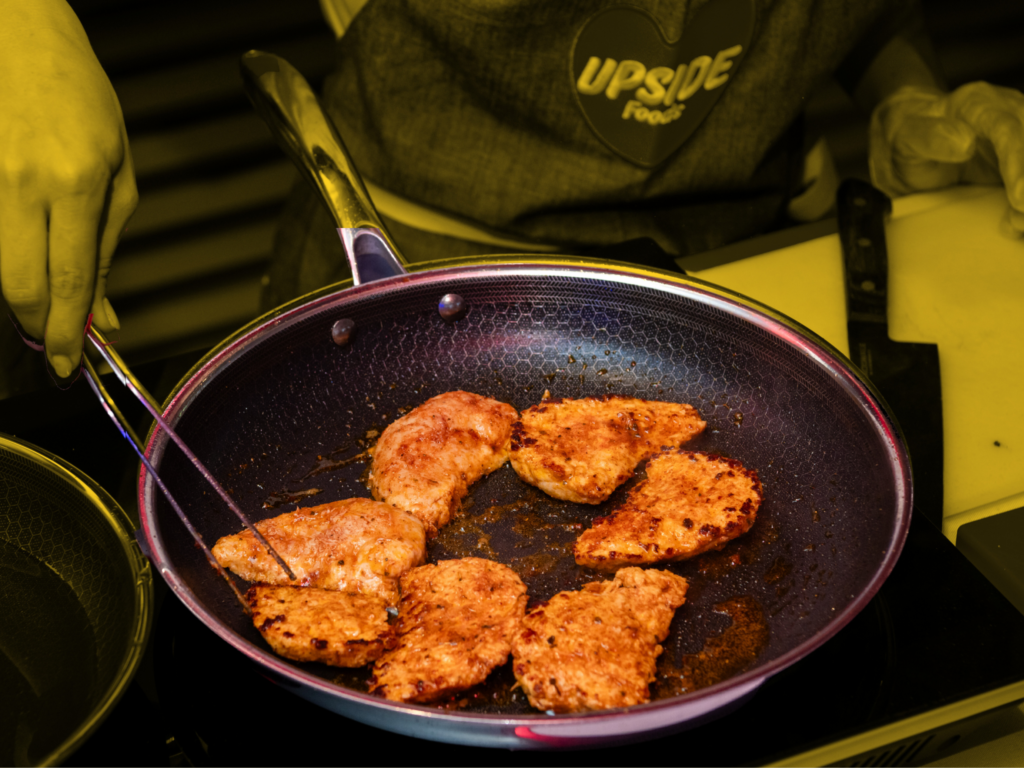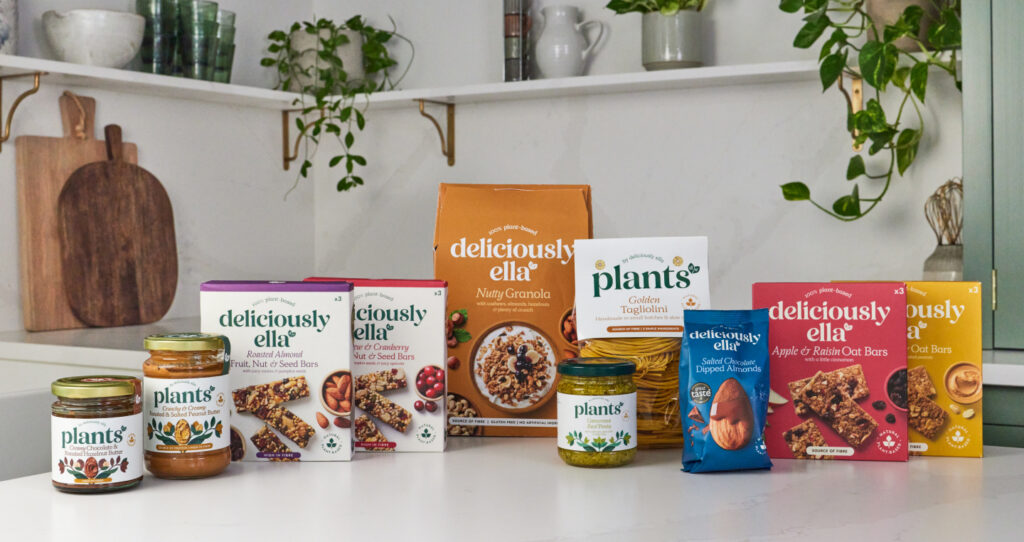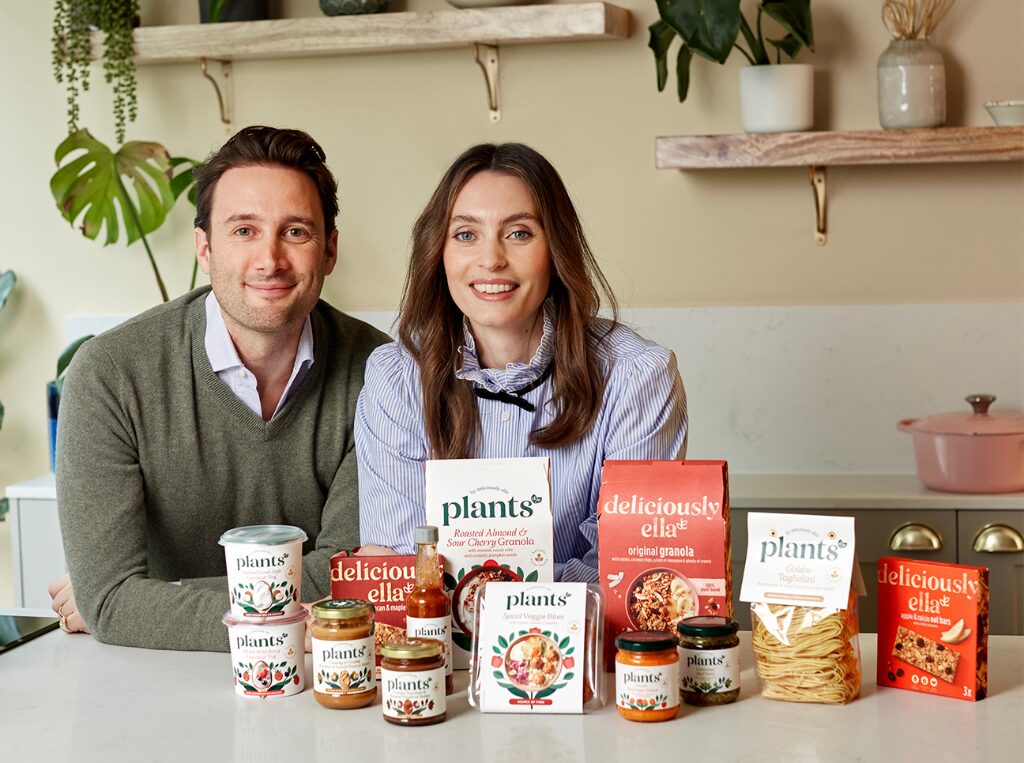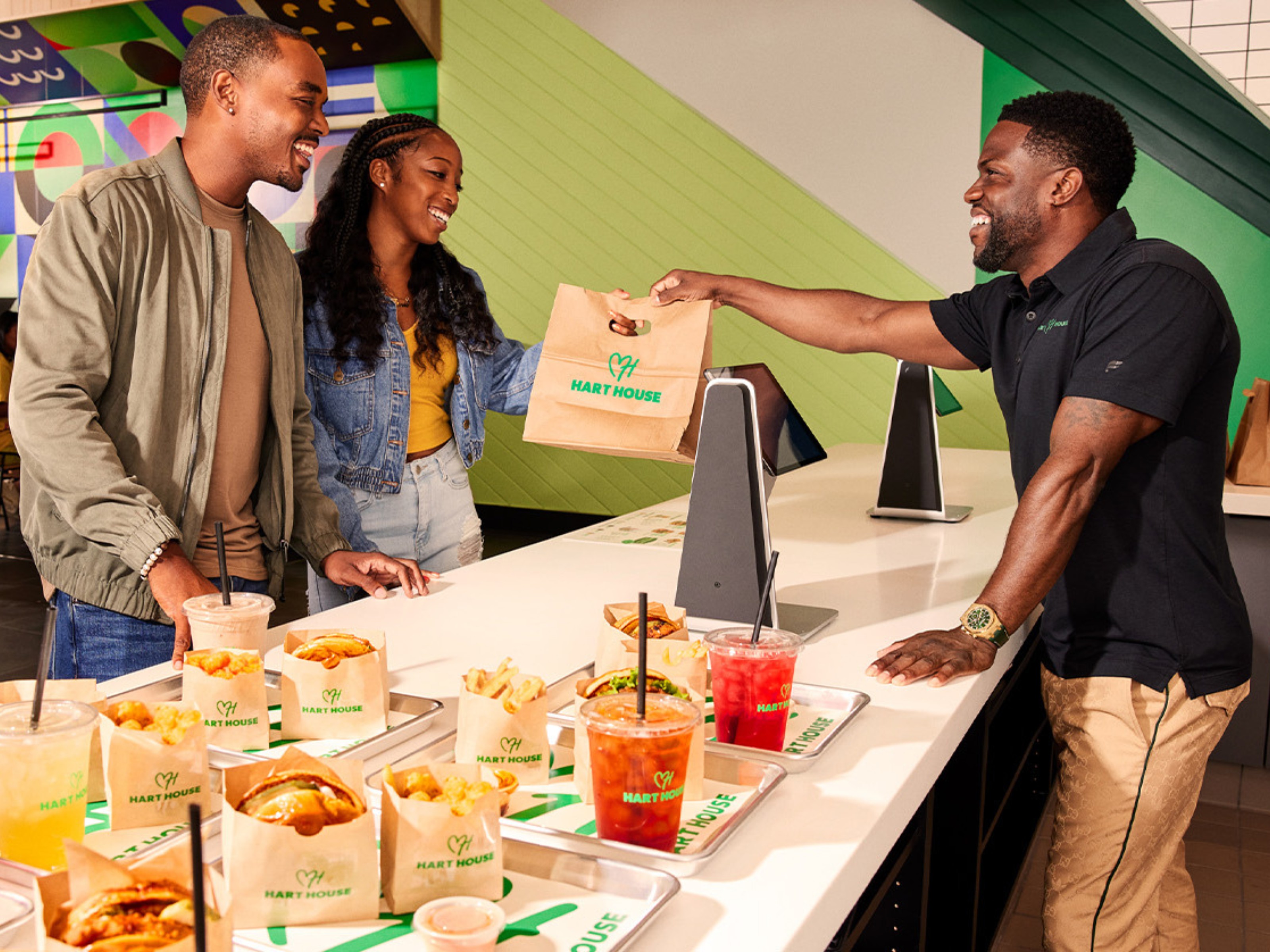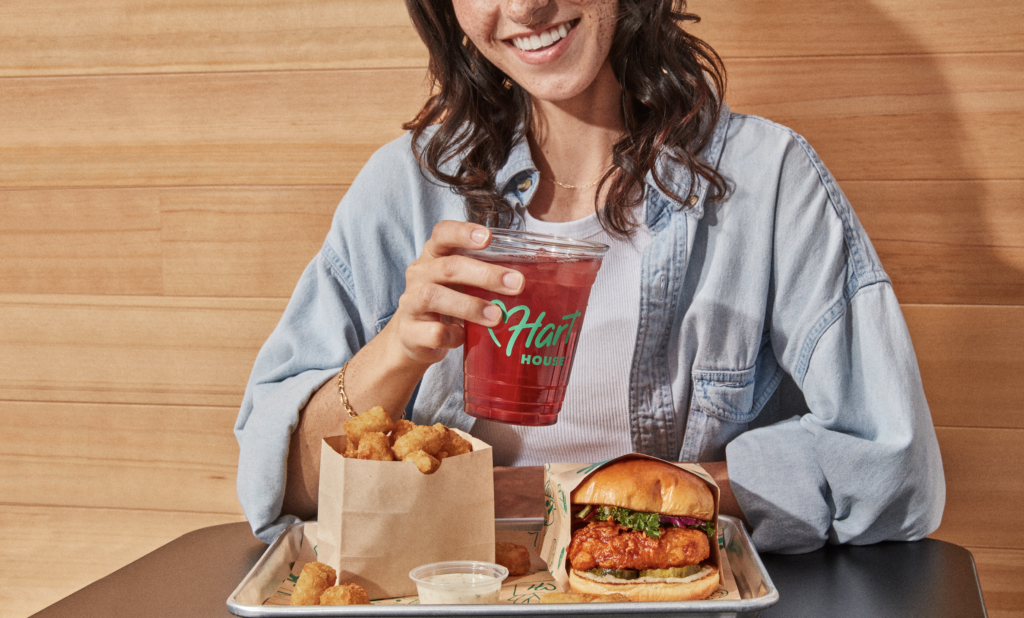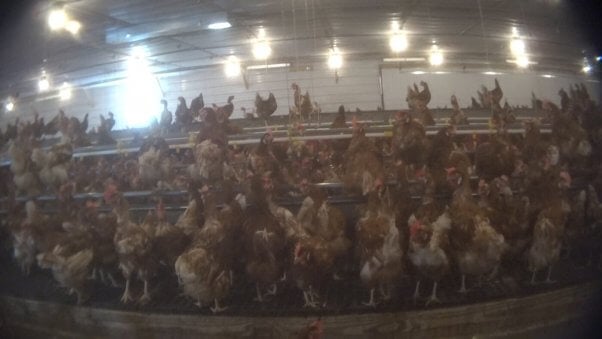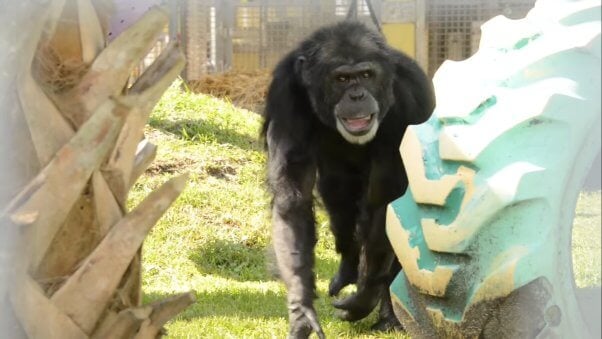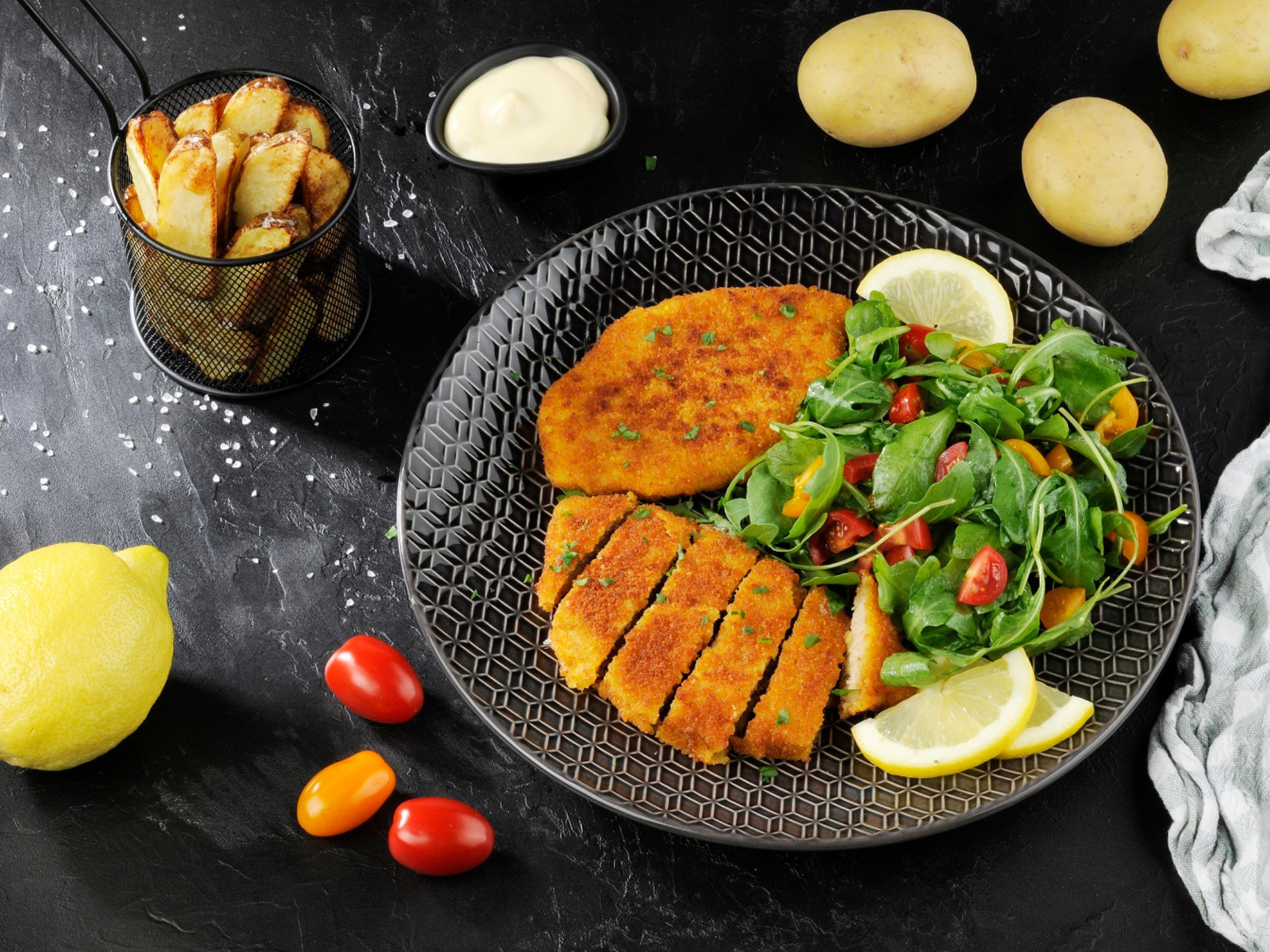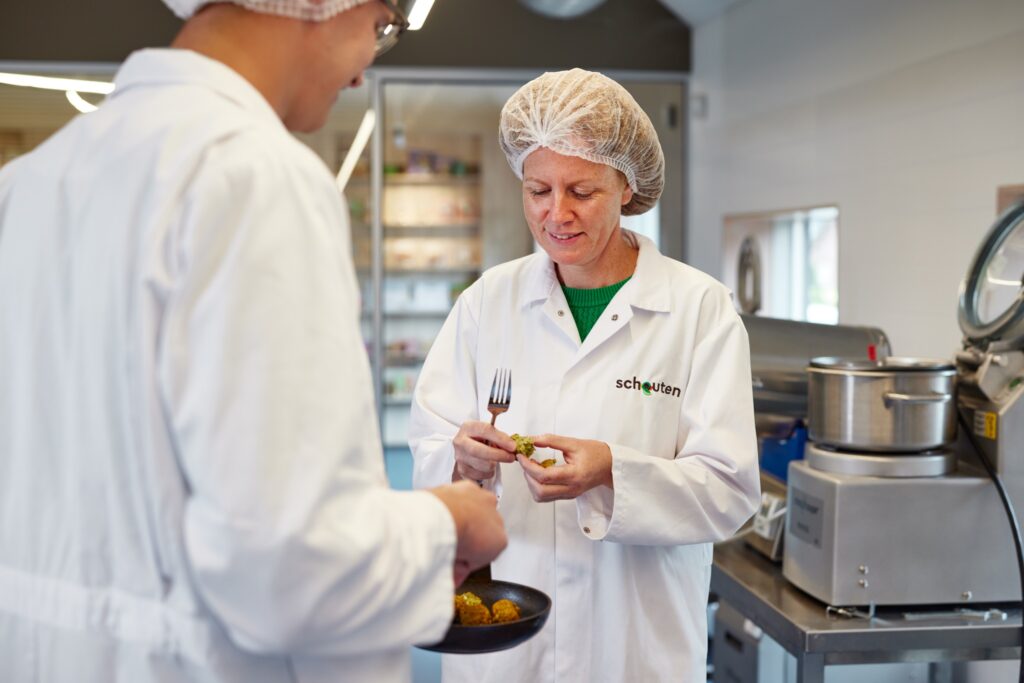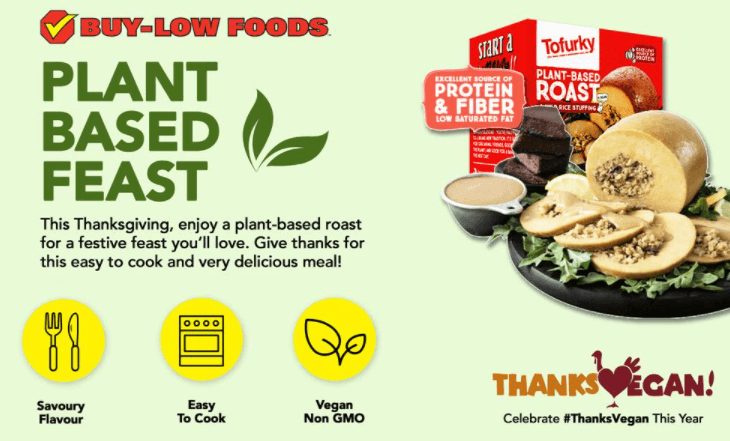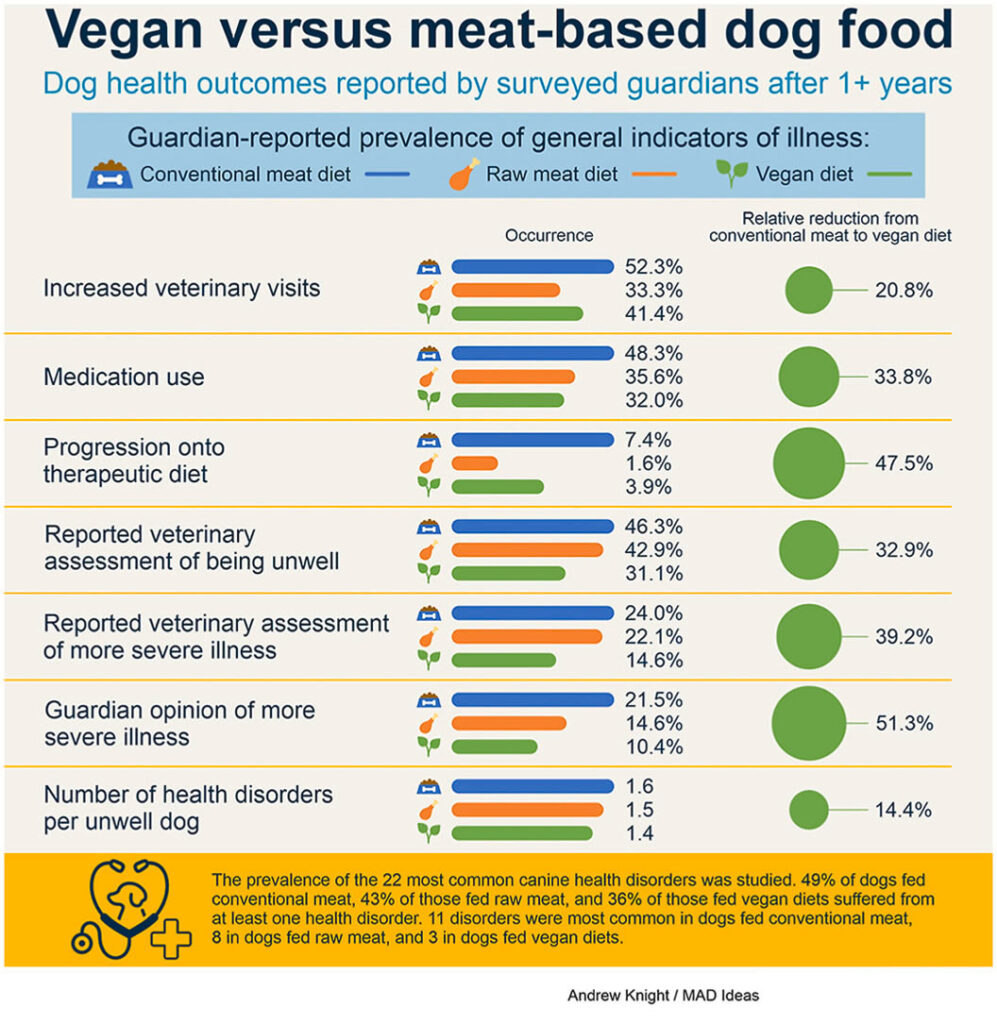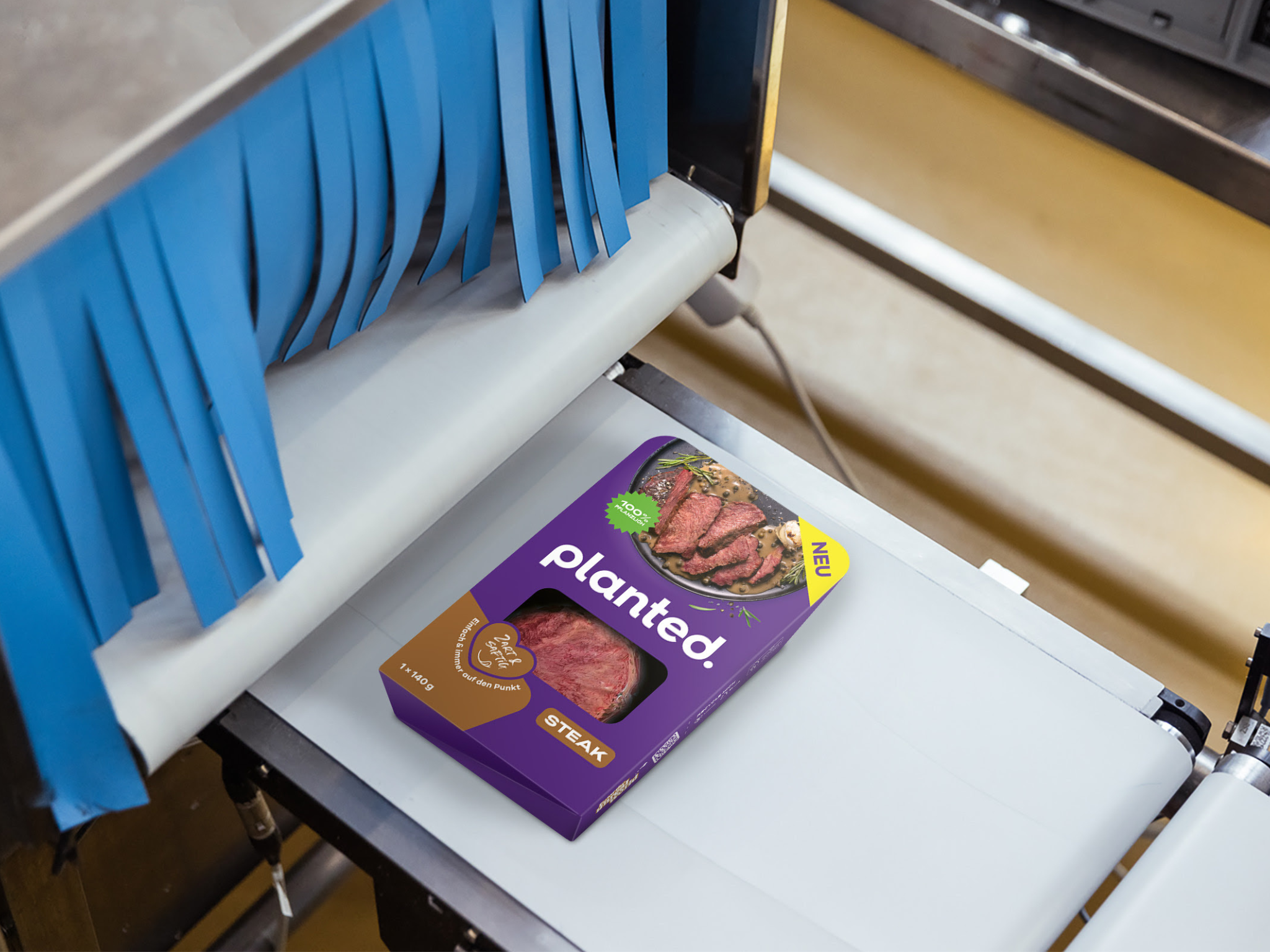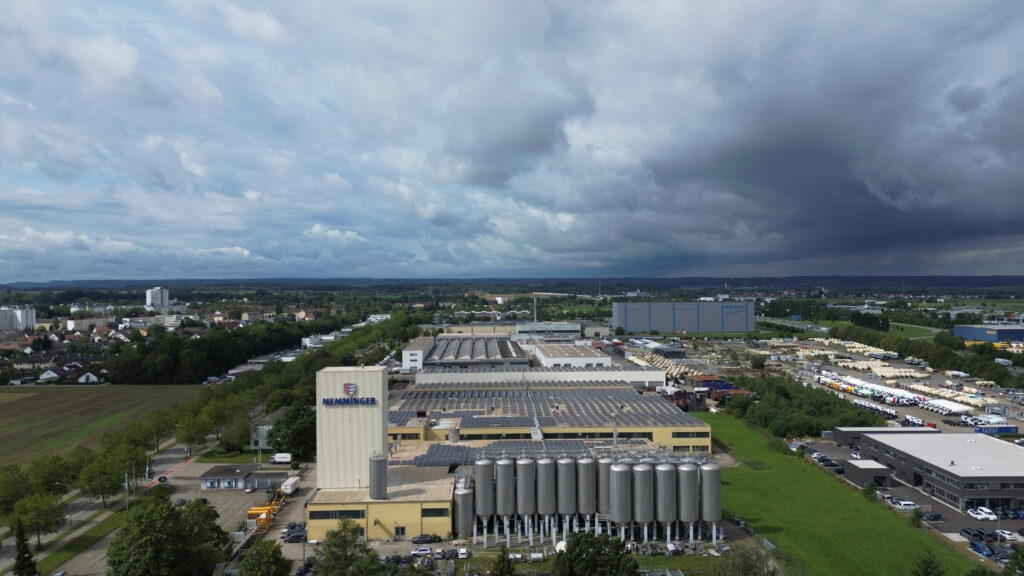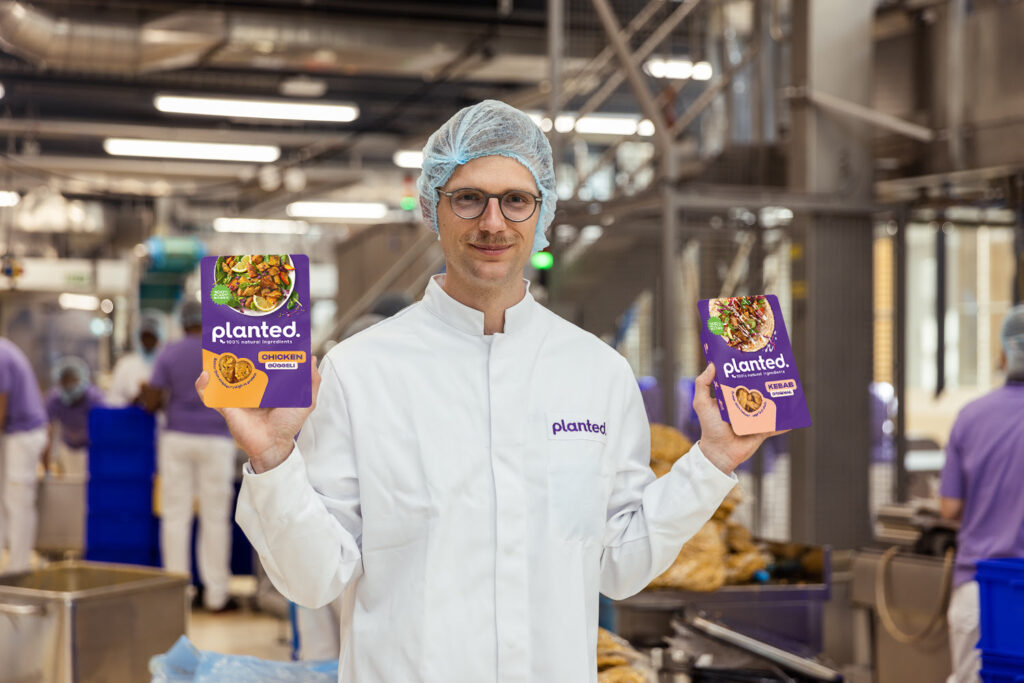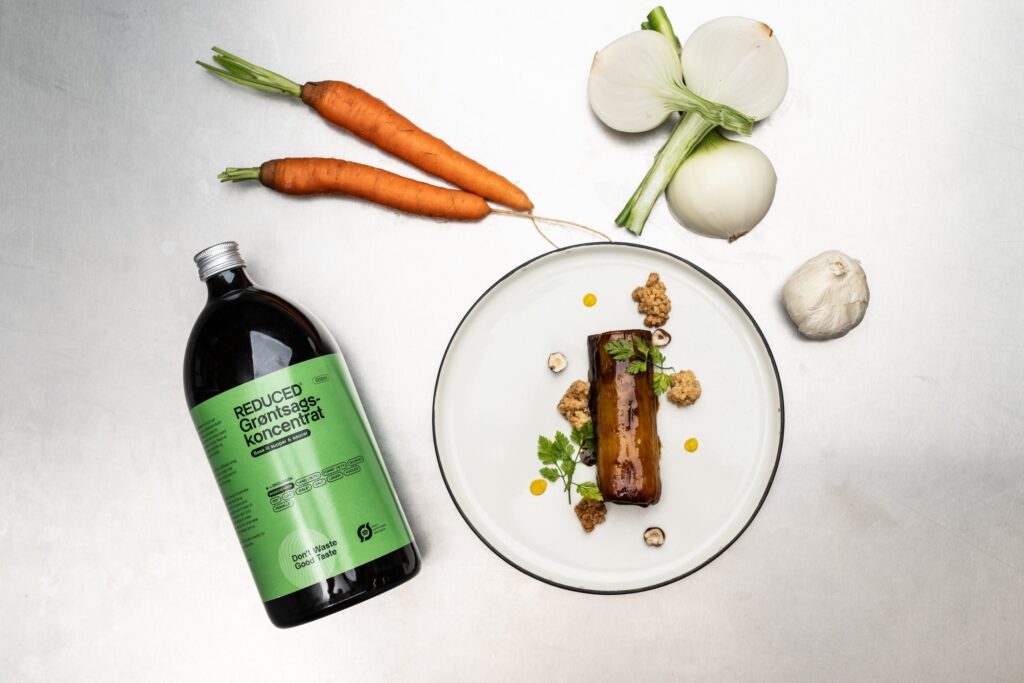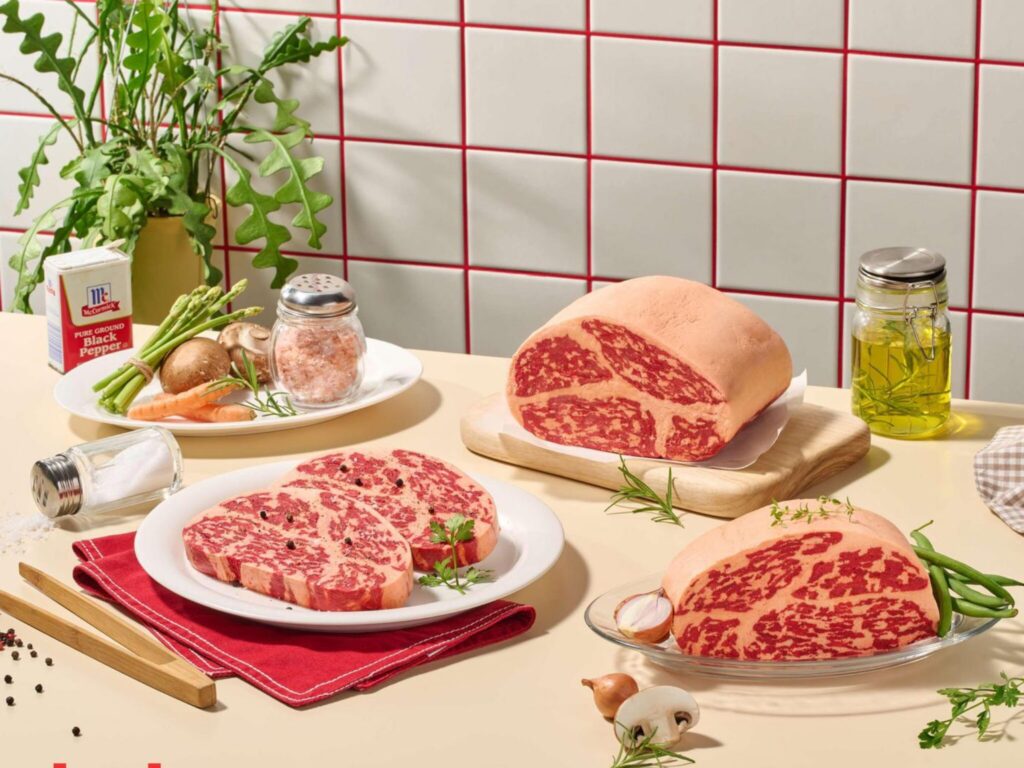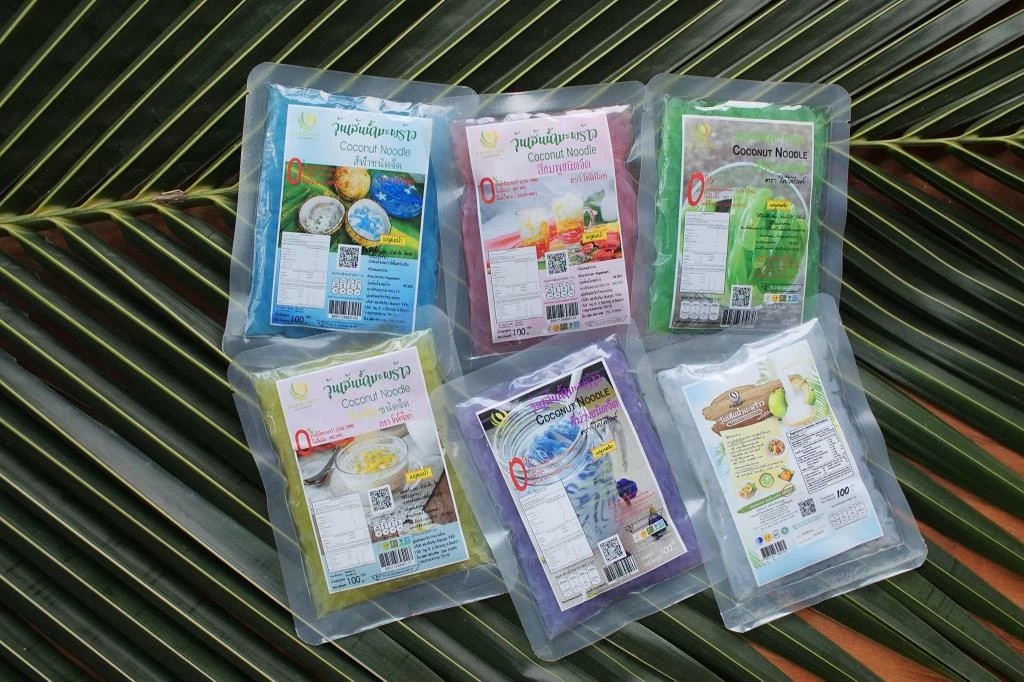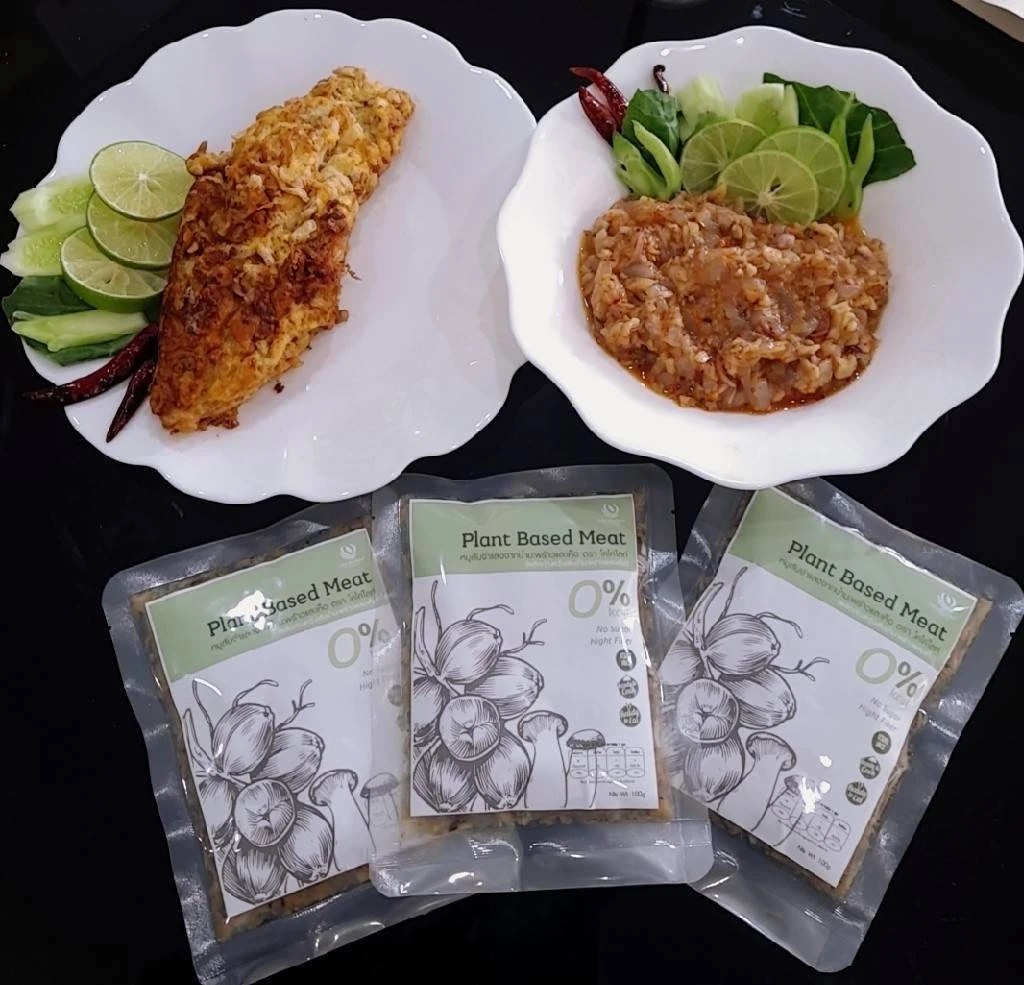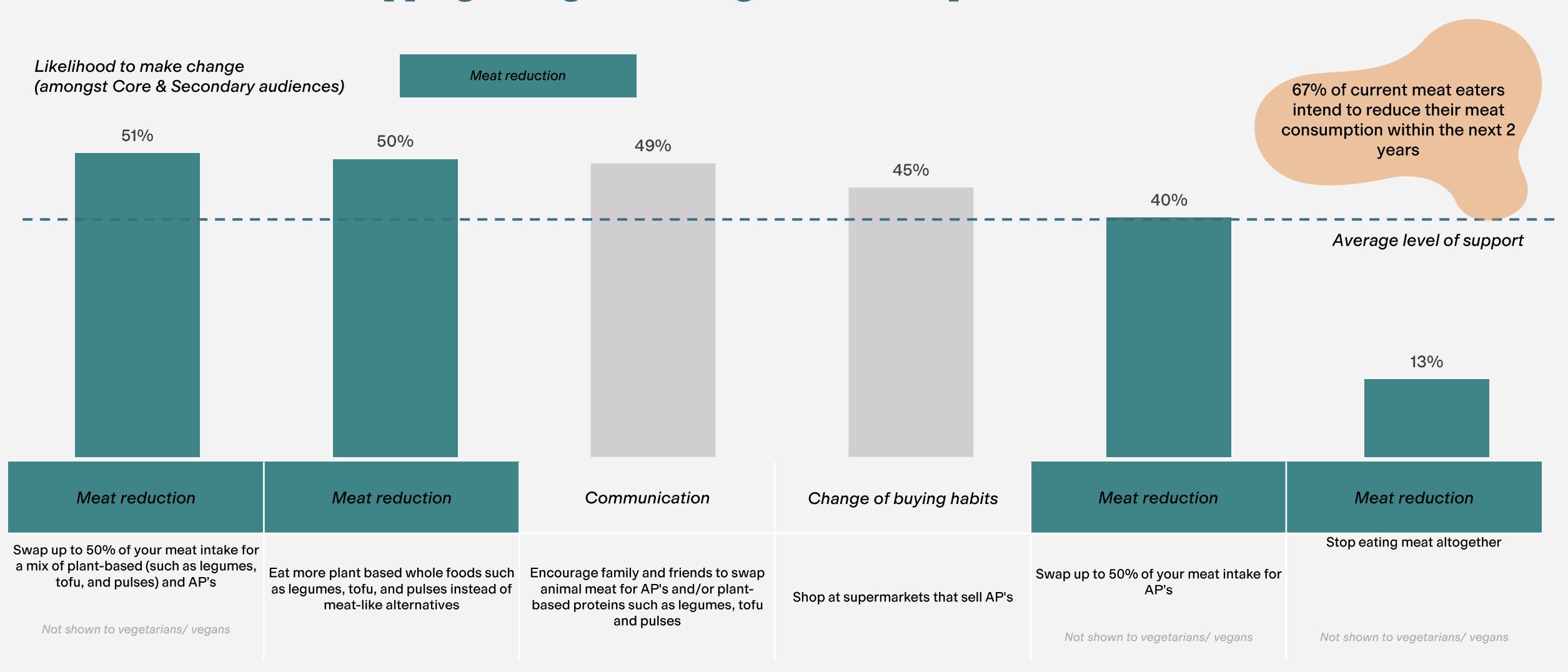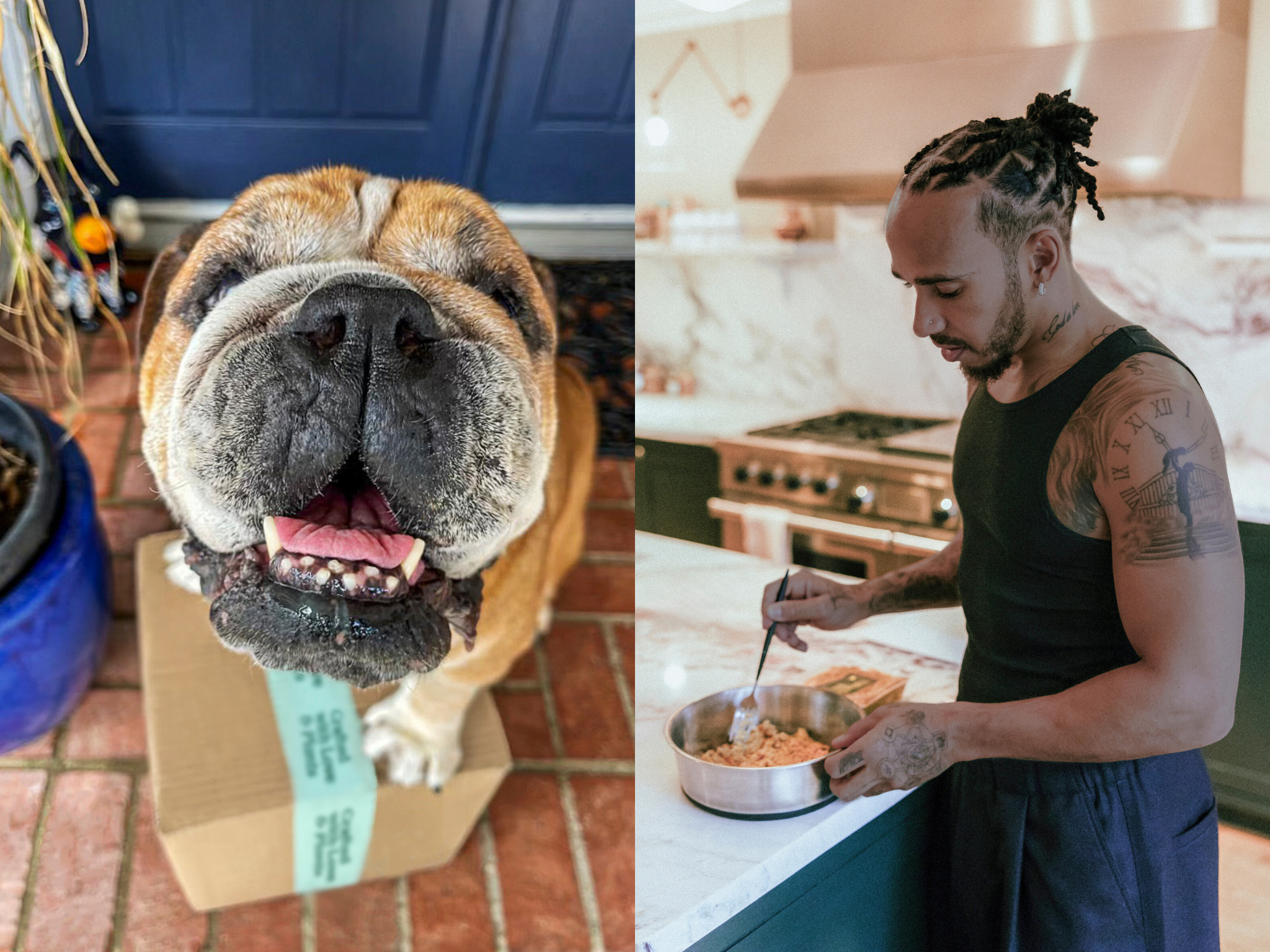
Lewis Hamilton has made a second investment in plant-based pet food startup Bramble to raise awareness about vegan diets’ impact on dog health.
Formula One legend Lewis Hamilton and his dog Roscoe have partnered with New York-based Bramble, which makes vegan pet food products formulated by vets.
Hamilton has invested in the brand to promote the “positive and transformative impact” of a whole-food plant-based approach to dog health. Roscoe, meanwhile, has taken up the mantle of ‘chief taste officer’ for the brand.
“As someone who’s continuously looking to improve my health and find the right food to keep my energy levels up, I think we should look to do the same for our pets, and I want to give Roscoe the best ingredients to keep him healthy and active,” said Hamilton, who is famously vegan. “Bramble ticked all the boxes for me.”
Bramble declined to comment on the investment sum, its expansion strategy, or future plans.
Lewis Hamilton’s dog saw health improvements on vegan diet
Hamilton is known for investing in future-facing food brands, having backed vegan fast-food chain Neat, plant-based food player NotCo, and vertical farming startup Bowery. Before his latest investment in Bramble, he had been part of the pet food brand’s $1.5M Series A round last year, according to Pitchbook.
“This extends beyond a traditional investment for me, as this is a space I care deeply about and am excited to support,” said the seven-time Formula One world champion. “It’s great to see how far plant-based food has come in the last five years, and I look forward to working with the passionate and dedicated team at Bramble to spread the message about how beneficial a plant-based diet can be for our dogs.”
Roscoe, a 12-year-old bulldog, was first introduced to a vegan diet in 2020. Since then, he was found to have experienced significant health improvements, including higher energy, a shinier quote, and healthier skin. This led Hamilton to Bramble, whose brand is centred around dog health and longevity, and named after a vegan border collie who lived for 25 years, one of the longest canine lifespans ever recorded.
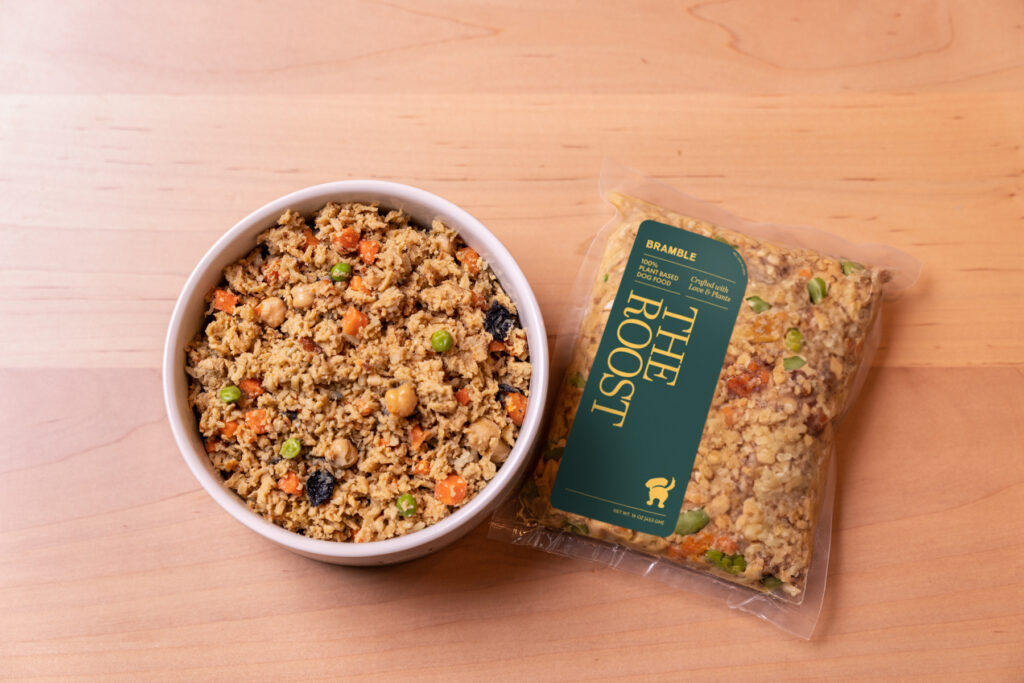
An increasing number of studies are showing the benefits of a plant-based diet for dogs. One paper found that plant-based diets had the “best health outcomes” in dogs, linked to lower medication use, fewer health disorders, and less frequent visits to the vet compared to meat-heavy diets.
The research came weeks after the British Veterinary Association reversed its long-held position on the health effects of a vegan diet for dogs, recognising that it’s possible to feed them on a fully vegan diet, as long as they’re nutritionally complete.
“As omnivores, dogs are able to get their nutrients from a plant-based diet if formulated correctly,” noted Amanda Rolat, founder and CEO of Bramble. “I’m looking forward to working with Lewis and Roscoe to raise awareness for Bramble in a genuine, creative, and fun way.”
Bramble outperformed meat-based kibble in trial
“I created Bramble because I truly believe that dogs and their caregivers deserve access to complete and balanced food that is nutritionally packed, while also being free from pesticides, antibiotics, growth hormones, carcinogens, and other harmful contaminants,” said Rolat.
She founded the startup in 2021 after being unable to find a pet food brand that delivered what she was looking for. Bramble offers two meals – The Cowbell and The Roost – and two treats, all targeted at the premium market.
The Cowbell uses a base of pea protein, sweet potatoes, lentils, carrots, peas, and apples, while the Roost pairs the pea protein with brown rice, potatoes, carrots, peas, and pumpkins. Each product has “more high-quality protein than most commercial dog food”, according to the brand, and exceeds the complete and balanced diet standards set by the Association of American Feed Control Officials (AAFCO).
In 2023, researchers at the University of Illinois conducted an independent feeding trial with Bramble’s two products and a leading chicken kibble brand, and found that the vegan formulations significantly lowered cholesterol and triglycerides, and promoted a healthier microbiome.

Bramble is among a number of companies innovating in the increasingly popular vegan pet food sector, a $13.6B market. These include Wild Earth, The Pack, Hownd, Noochies!, and Omni, among others. Mars Petcare, meanwhile, is co-leading an initiative in Asia to help human food startups develop sustainable options for pets.
This is facilitated by growing awareness about the environmental impact of meat consumption. Livestock farming is responsible for twice as many emissions as plant-based foods, and up to 20% of global greenhouse gas emissions – pets alone are thought to consume 20% of all meat produced.
This has also spurred several cultivated meat brands focused on pet food, including Meatly (which received regulatory approval in the UK in July), Friends & Family Pet Co., Noochies!, and BioCraft Pet Nutrition.
The post Formula One Champion Lewis Hamilton Invests in ‘Vet-Formulated’ Vegan Pet Food Startup appeared first on Green Queen.
This post was originally published on Green Queen.

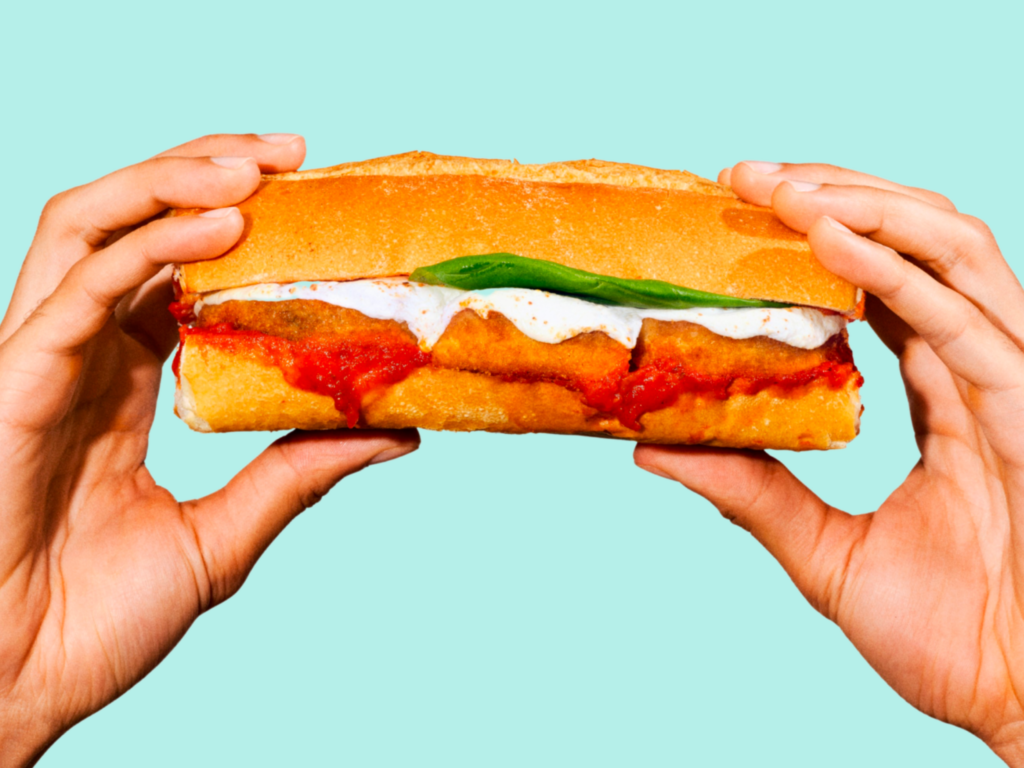


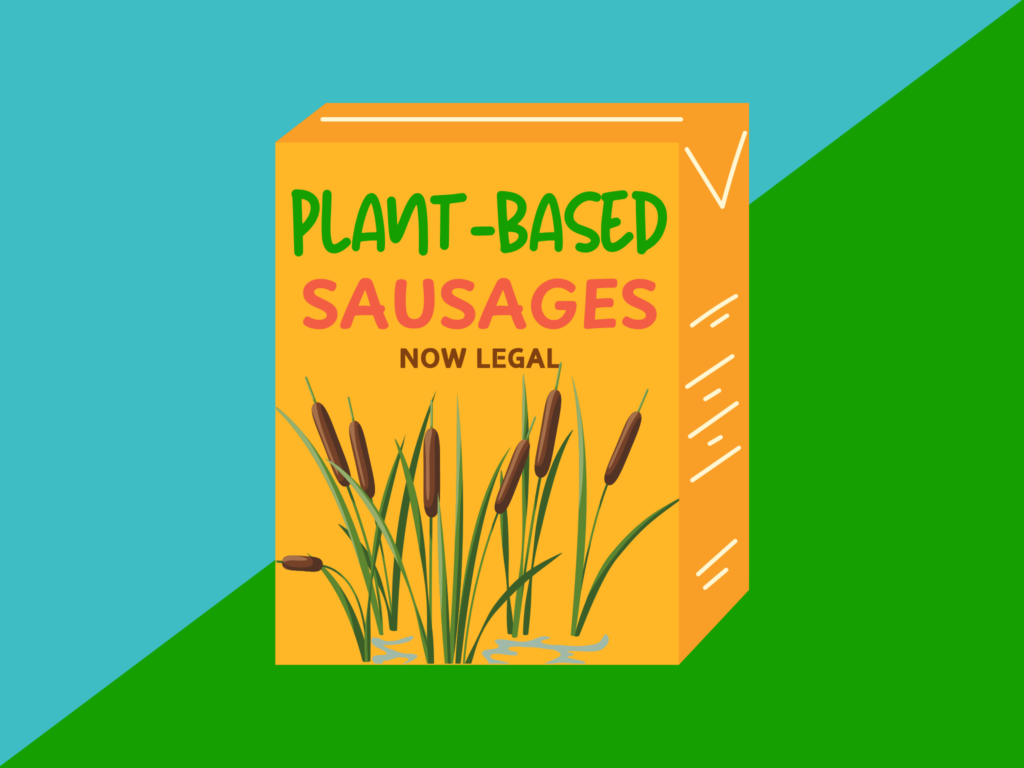

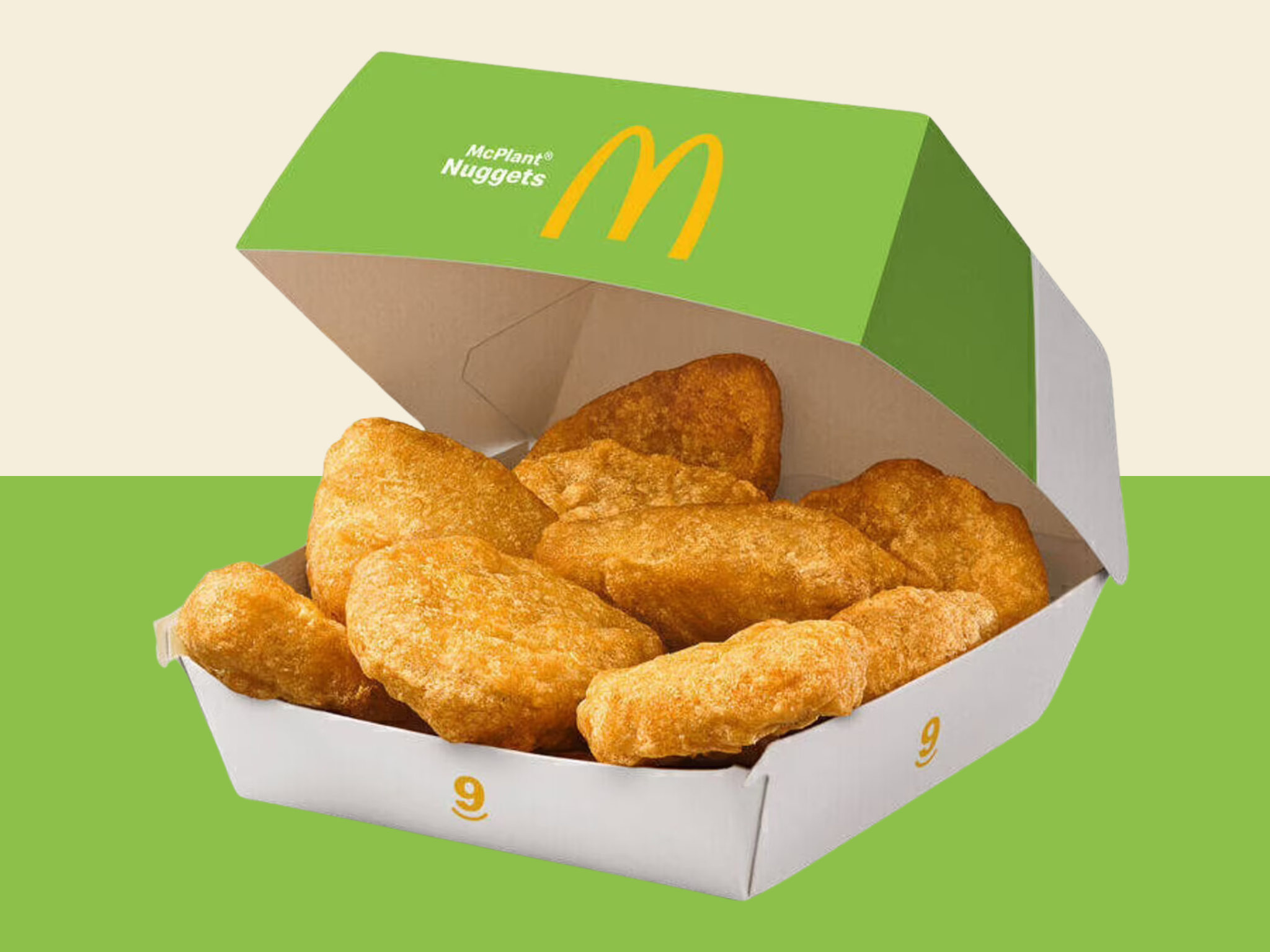
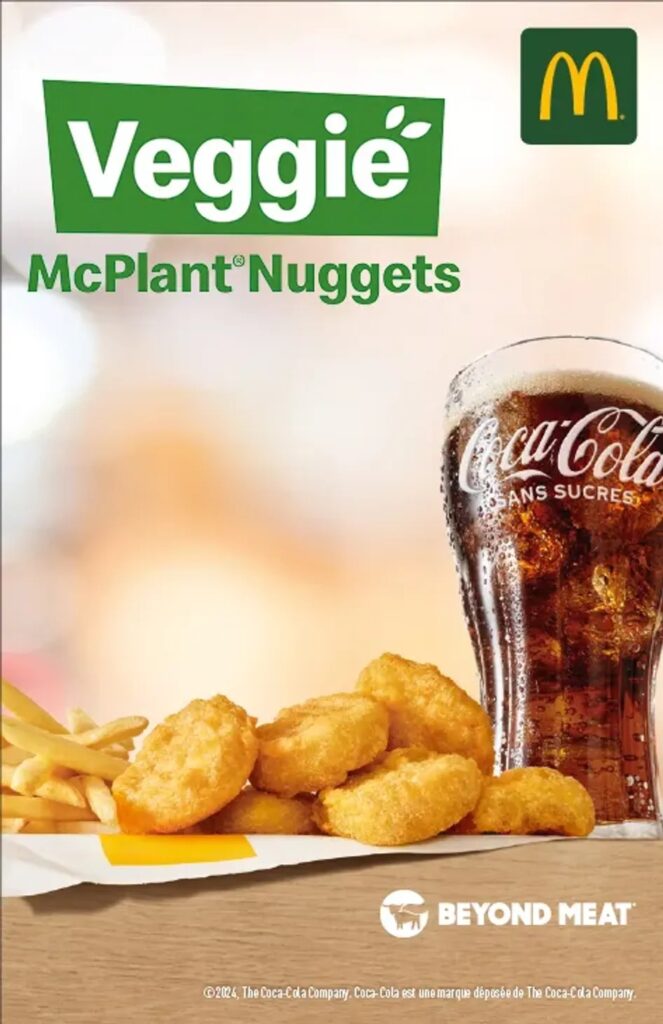
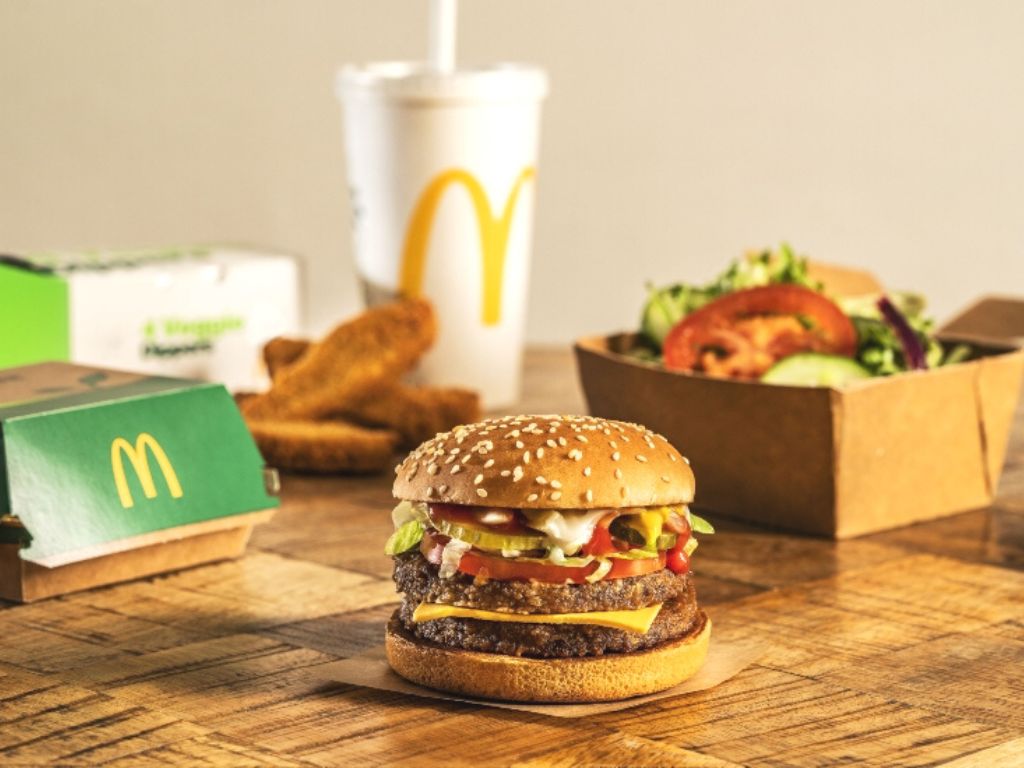
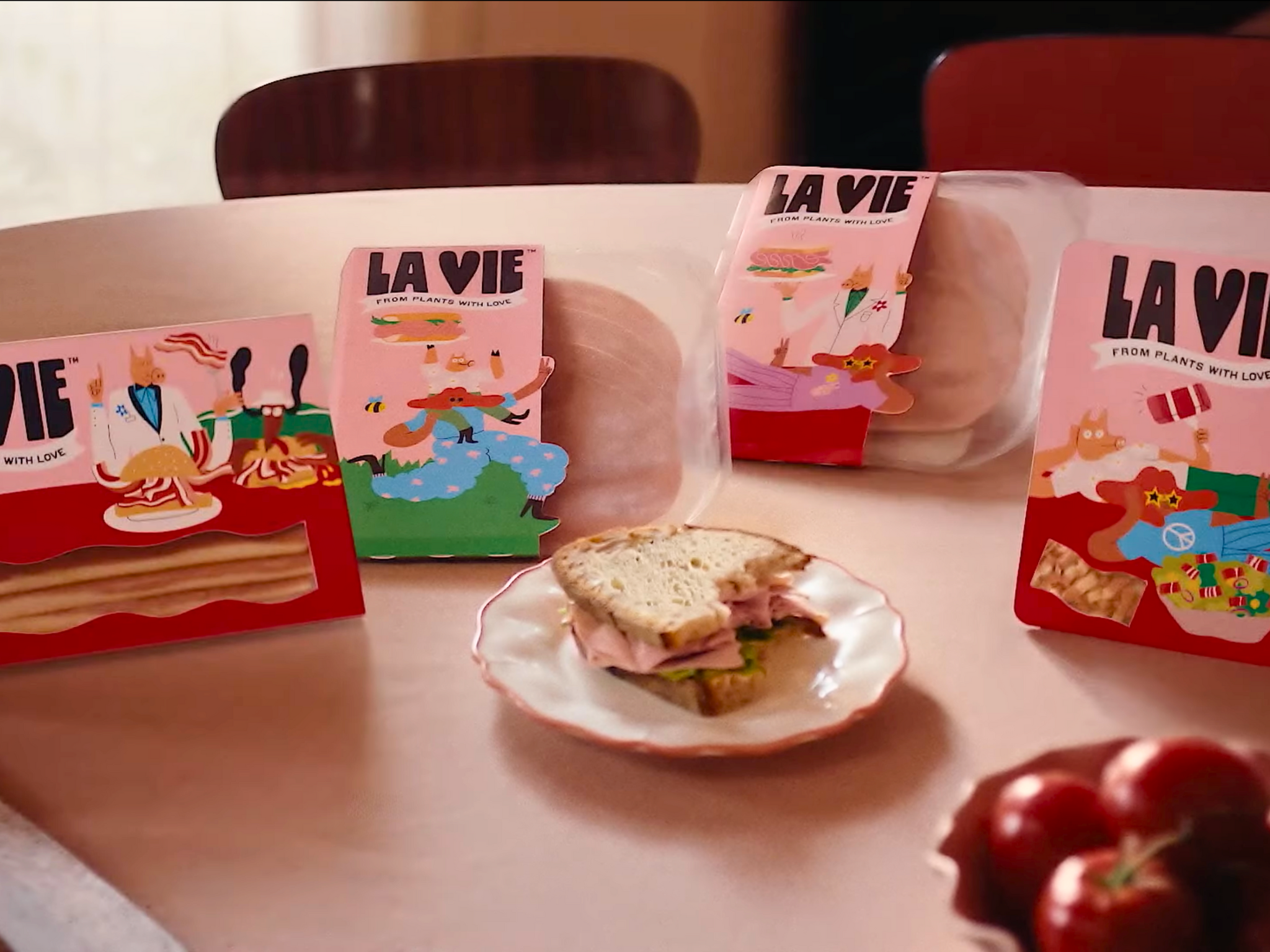


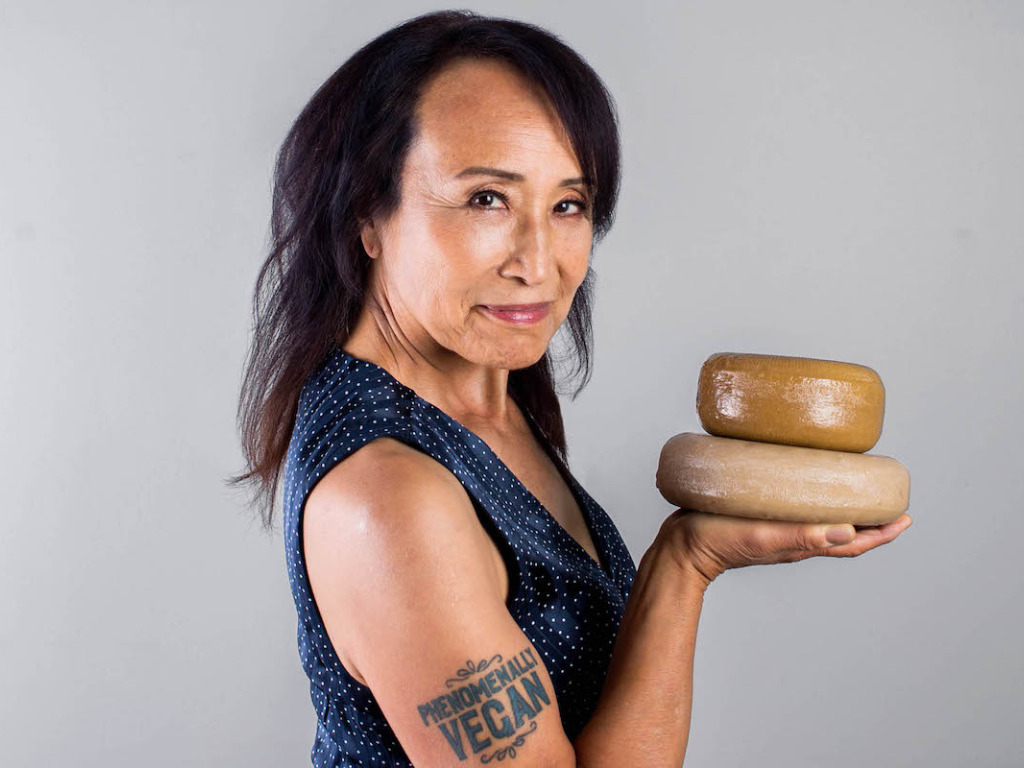
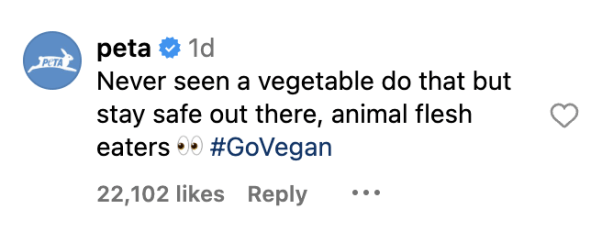
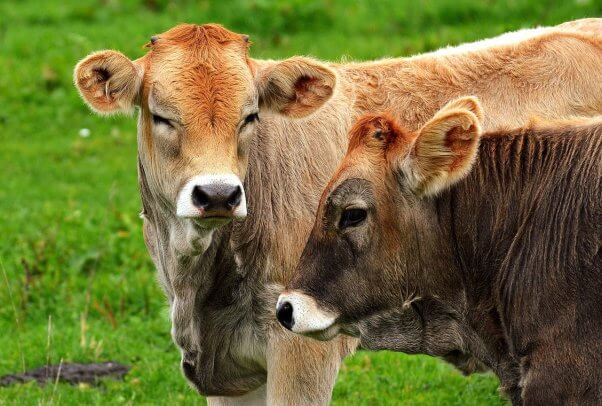


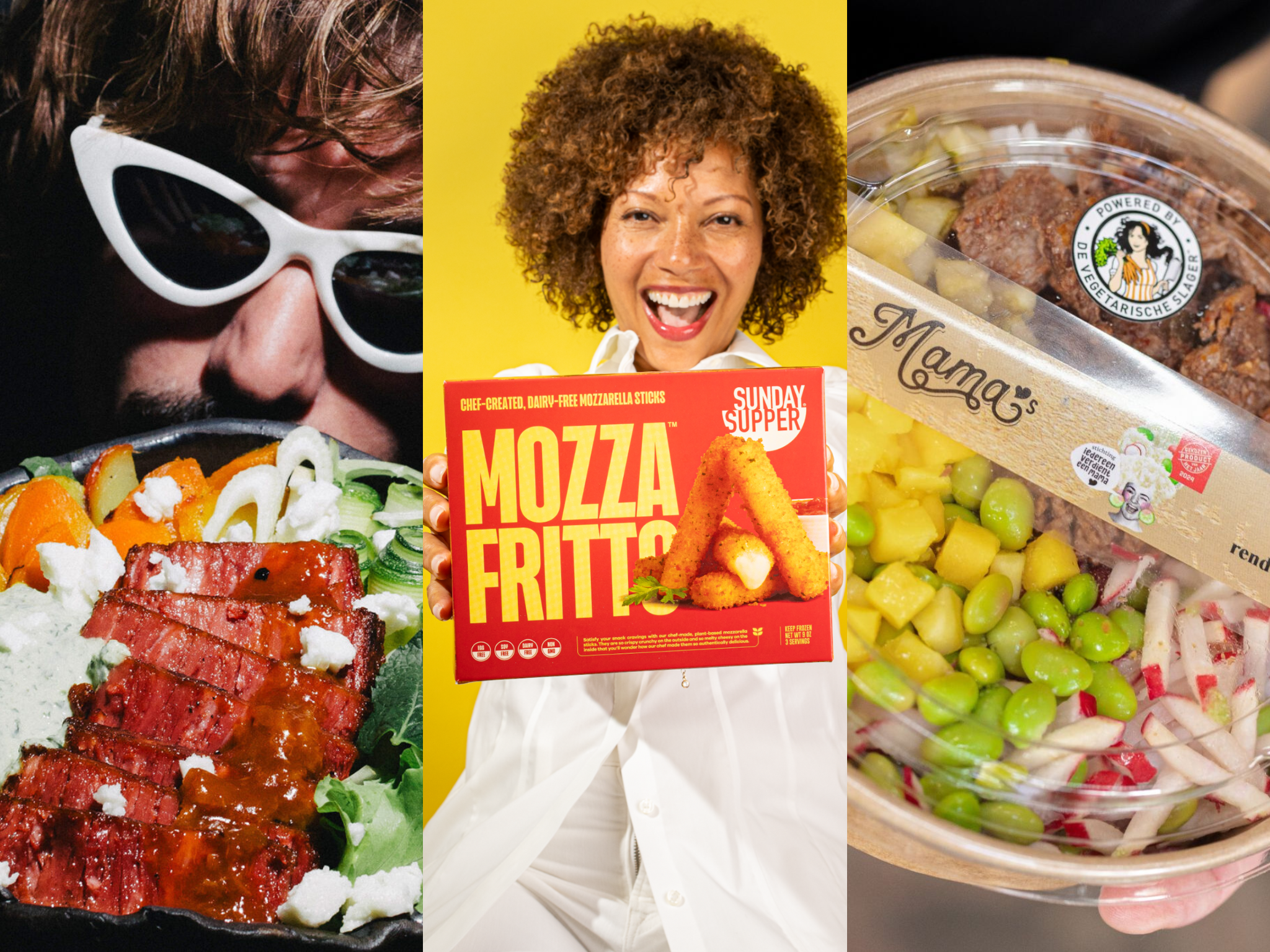

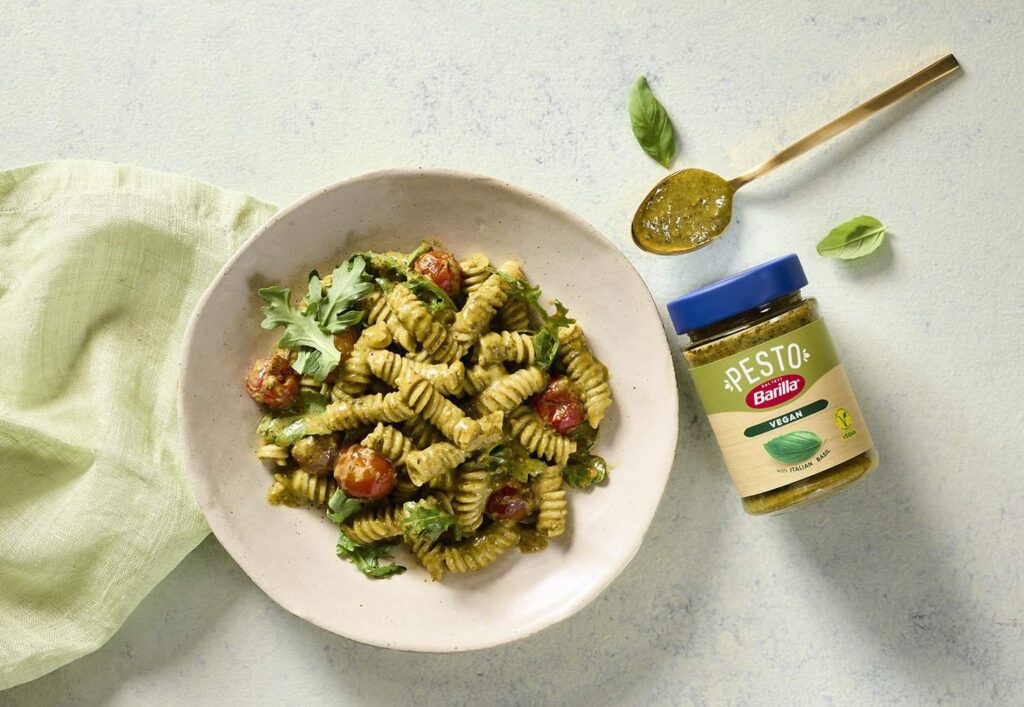
 (@newveganfooduk)
(@newveganfooduk)